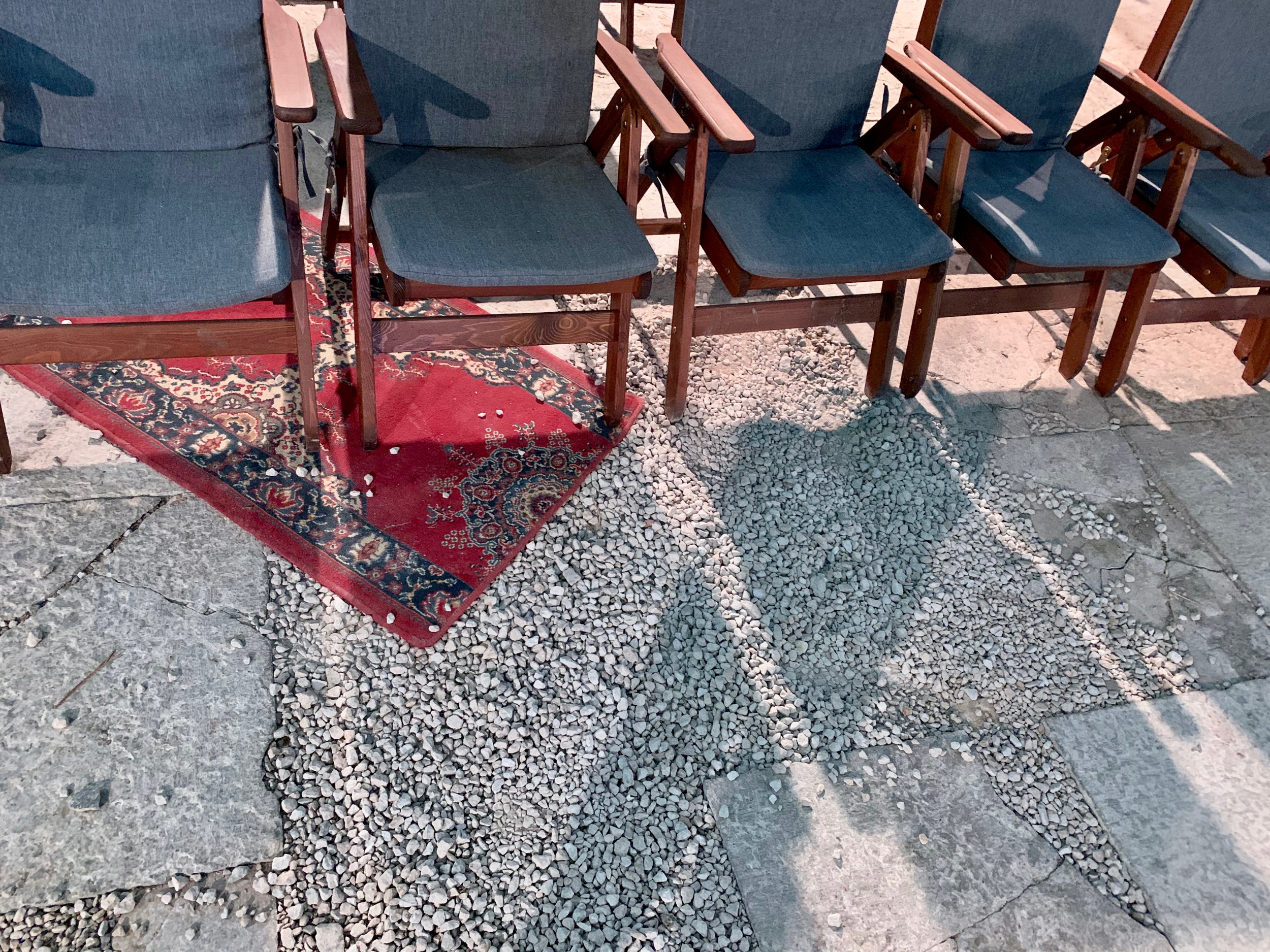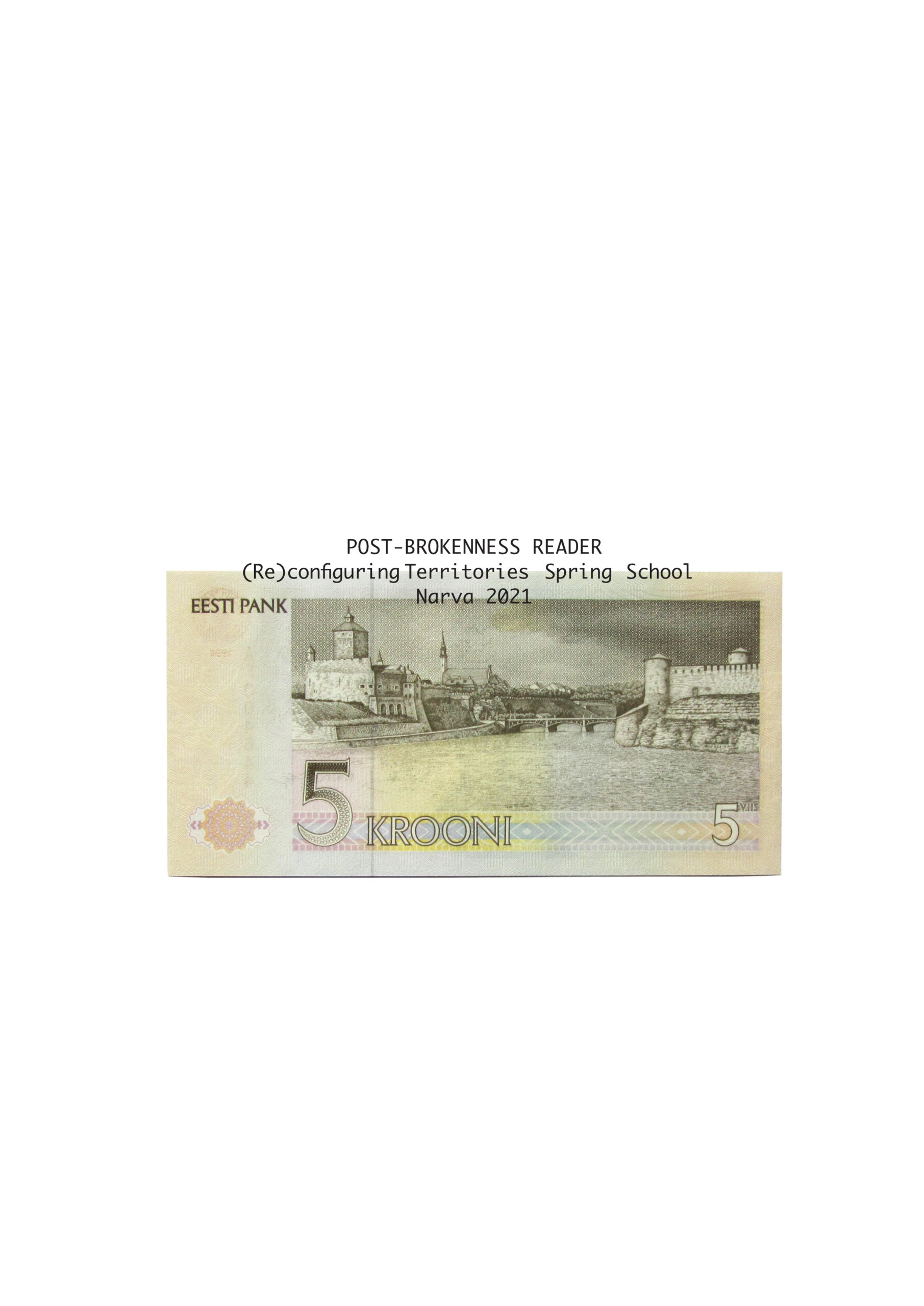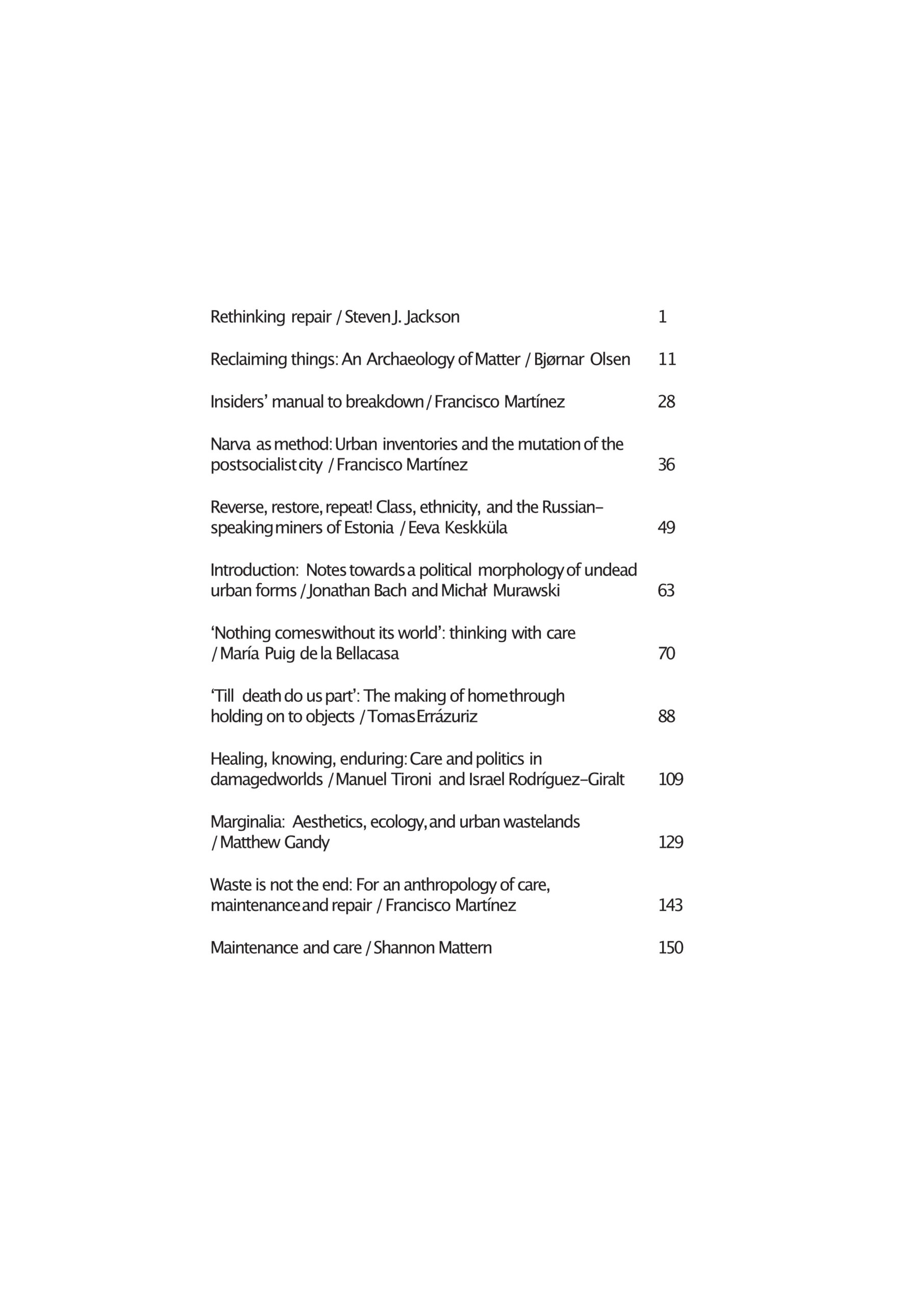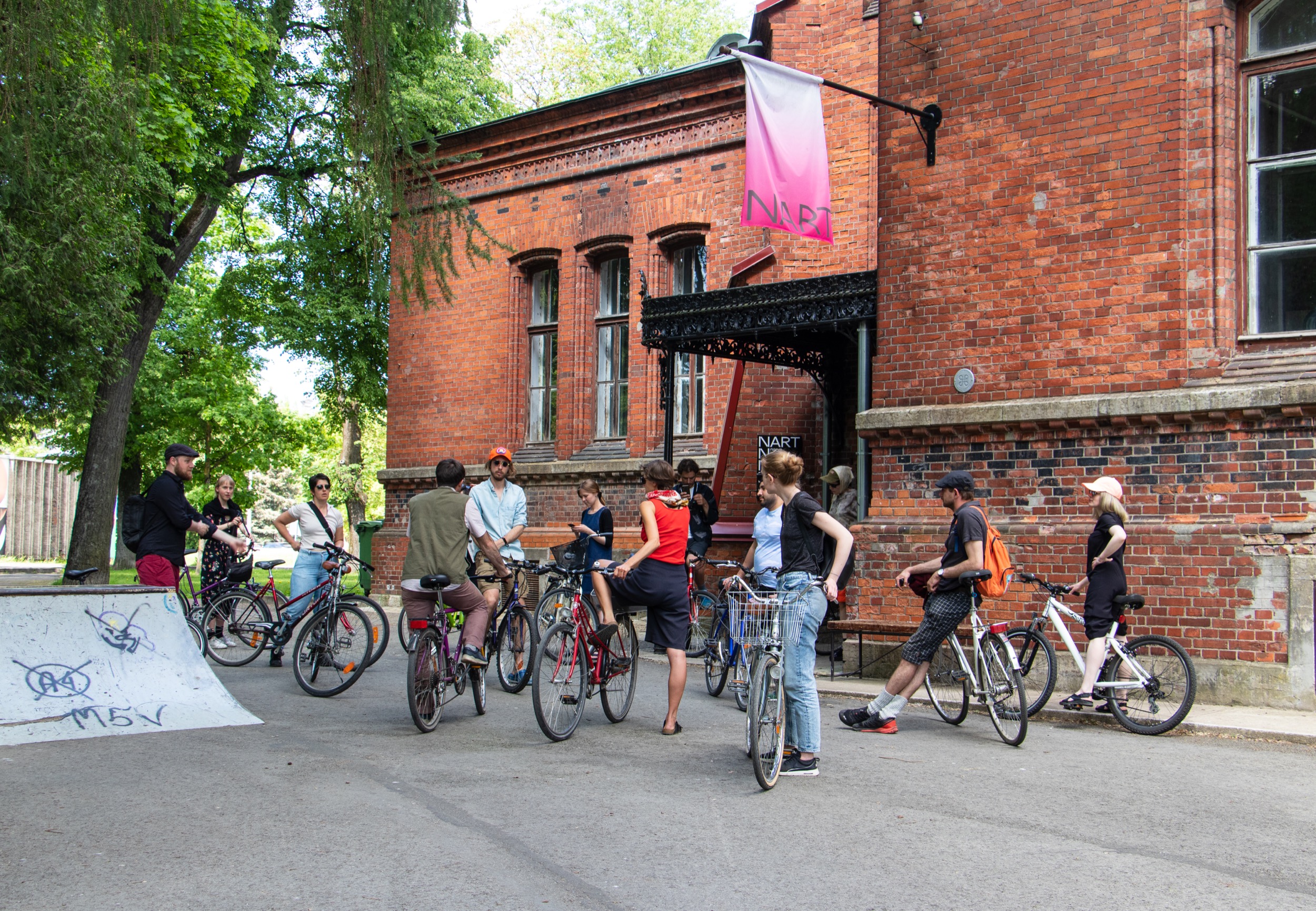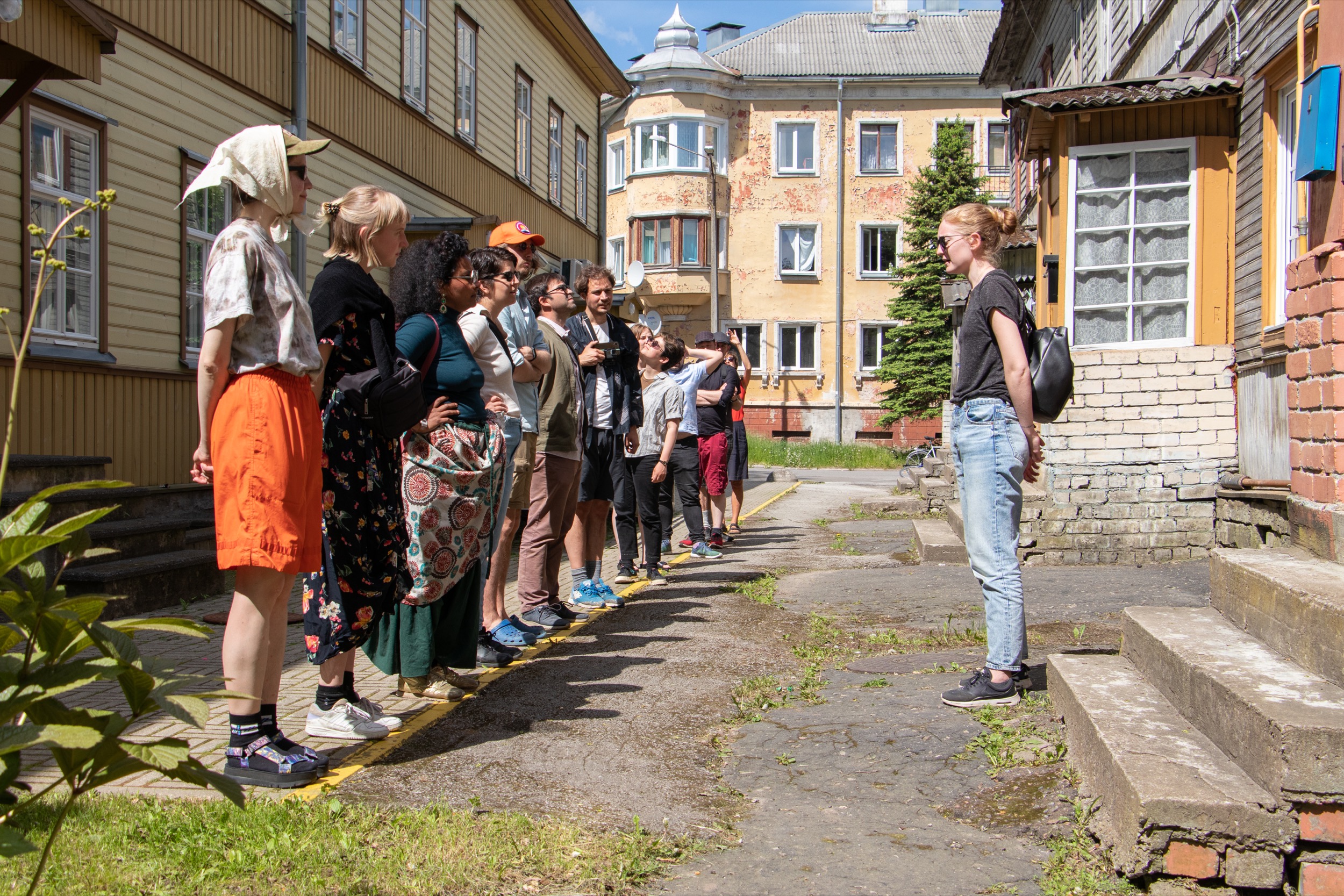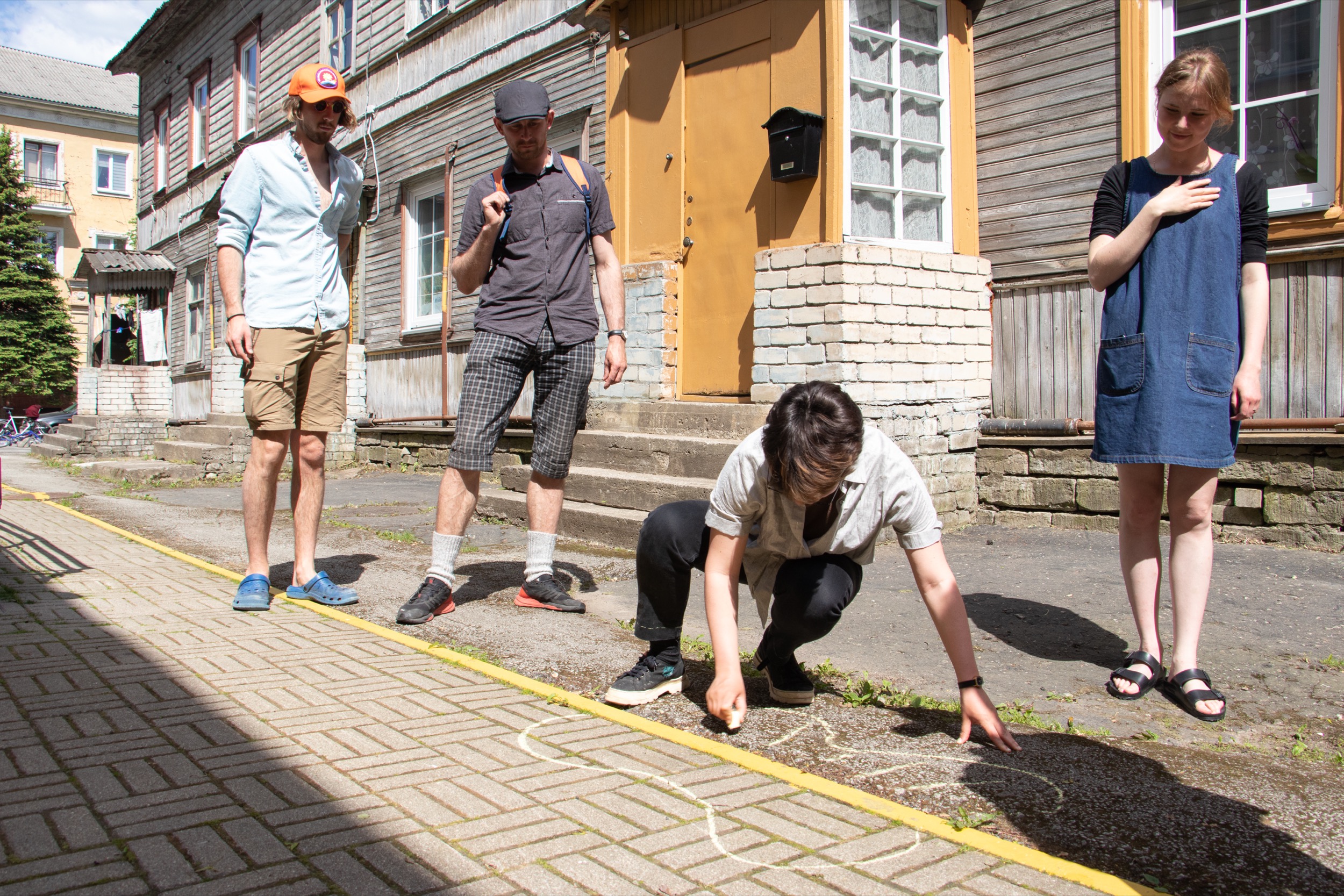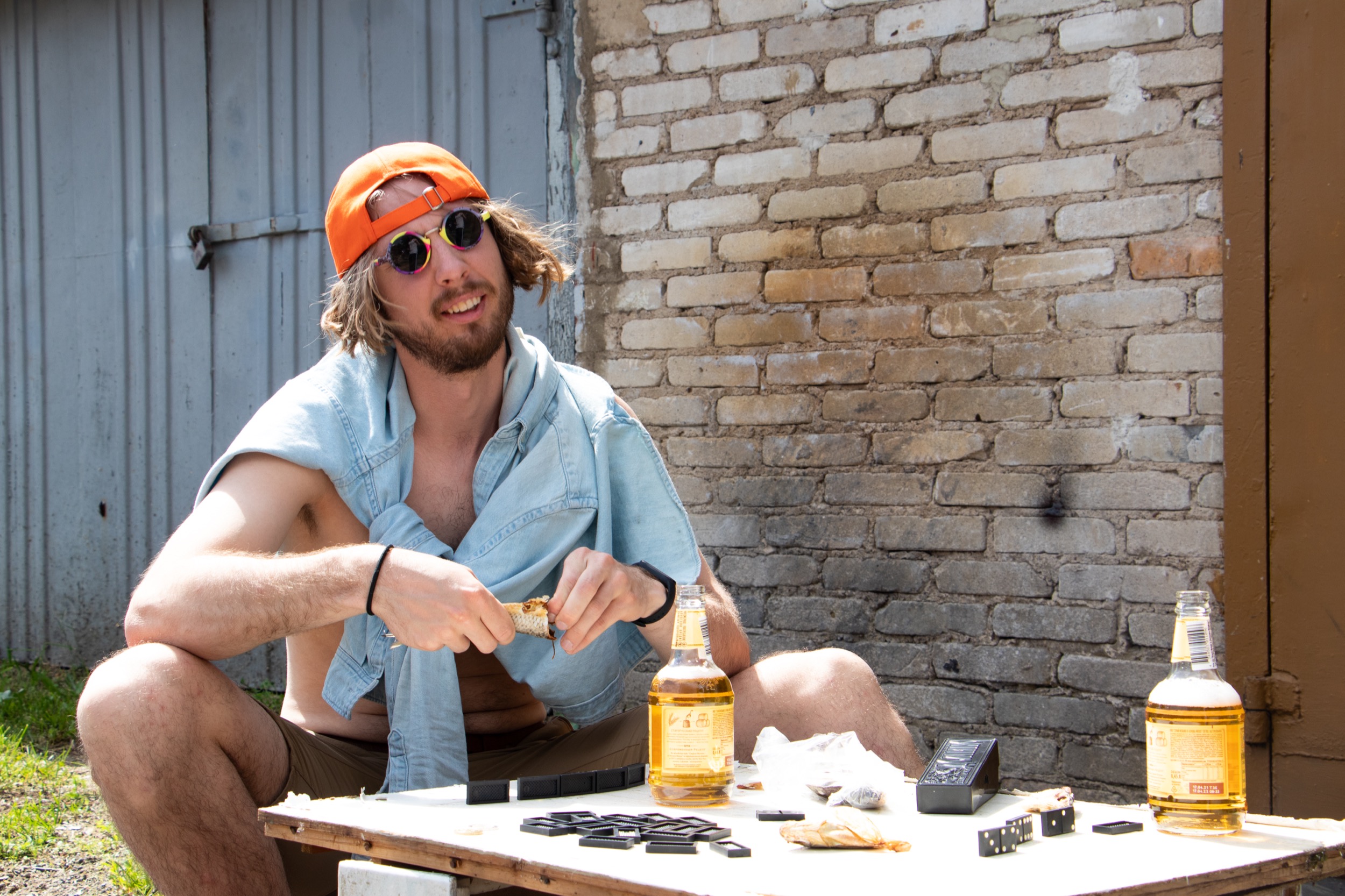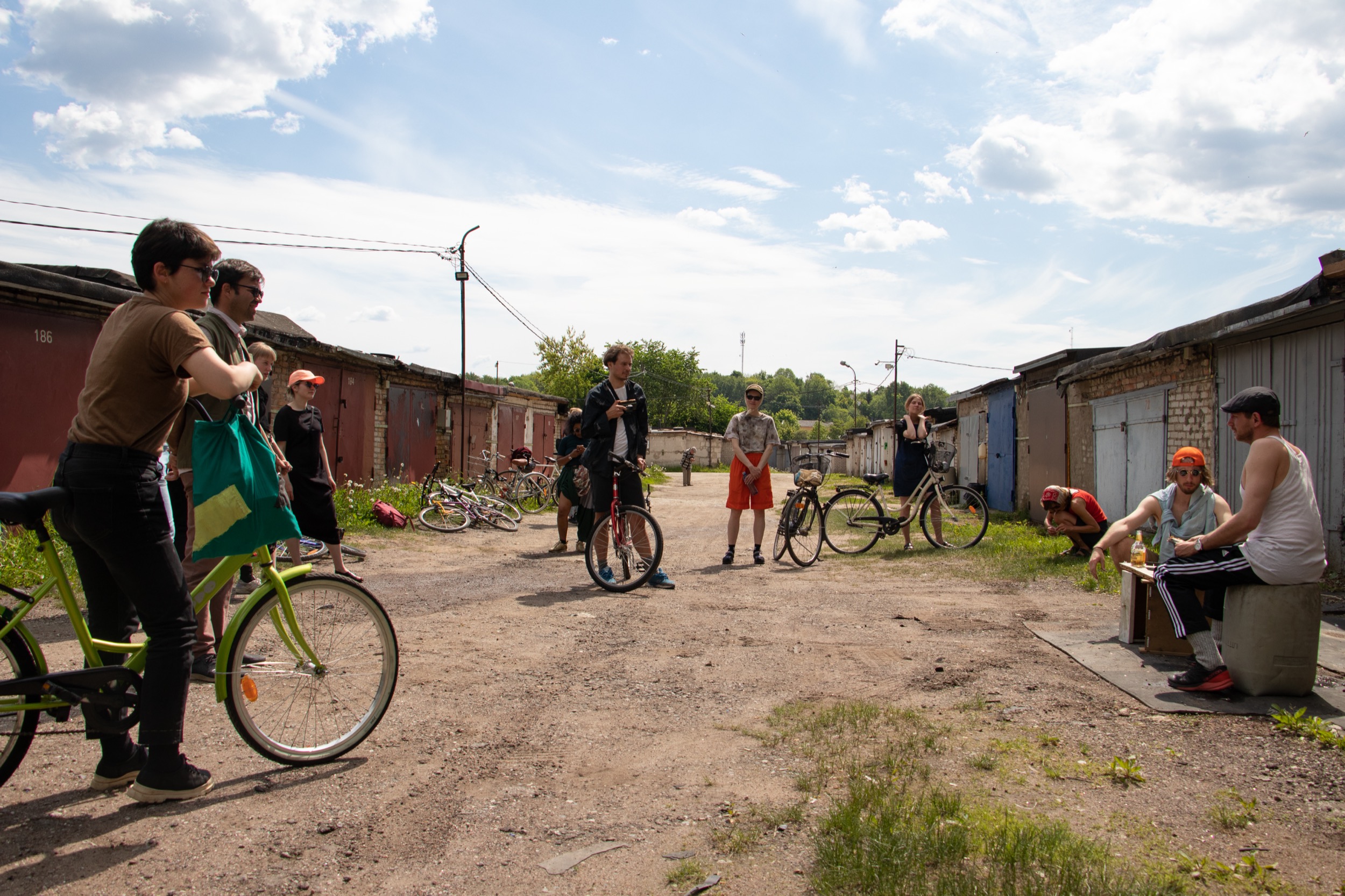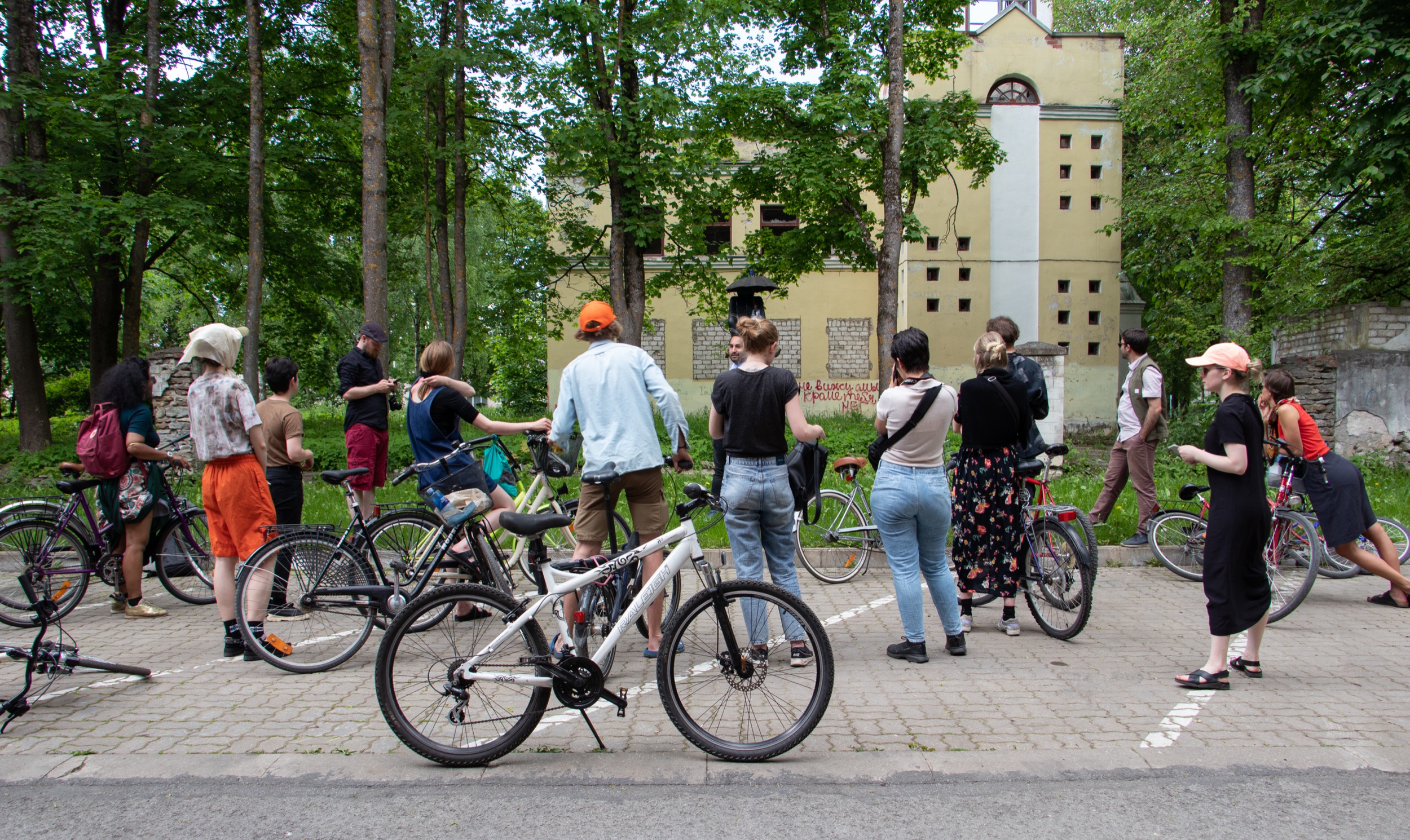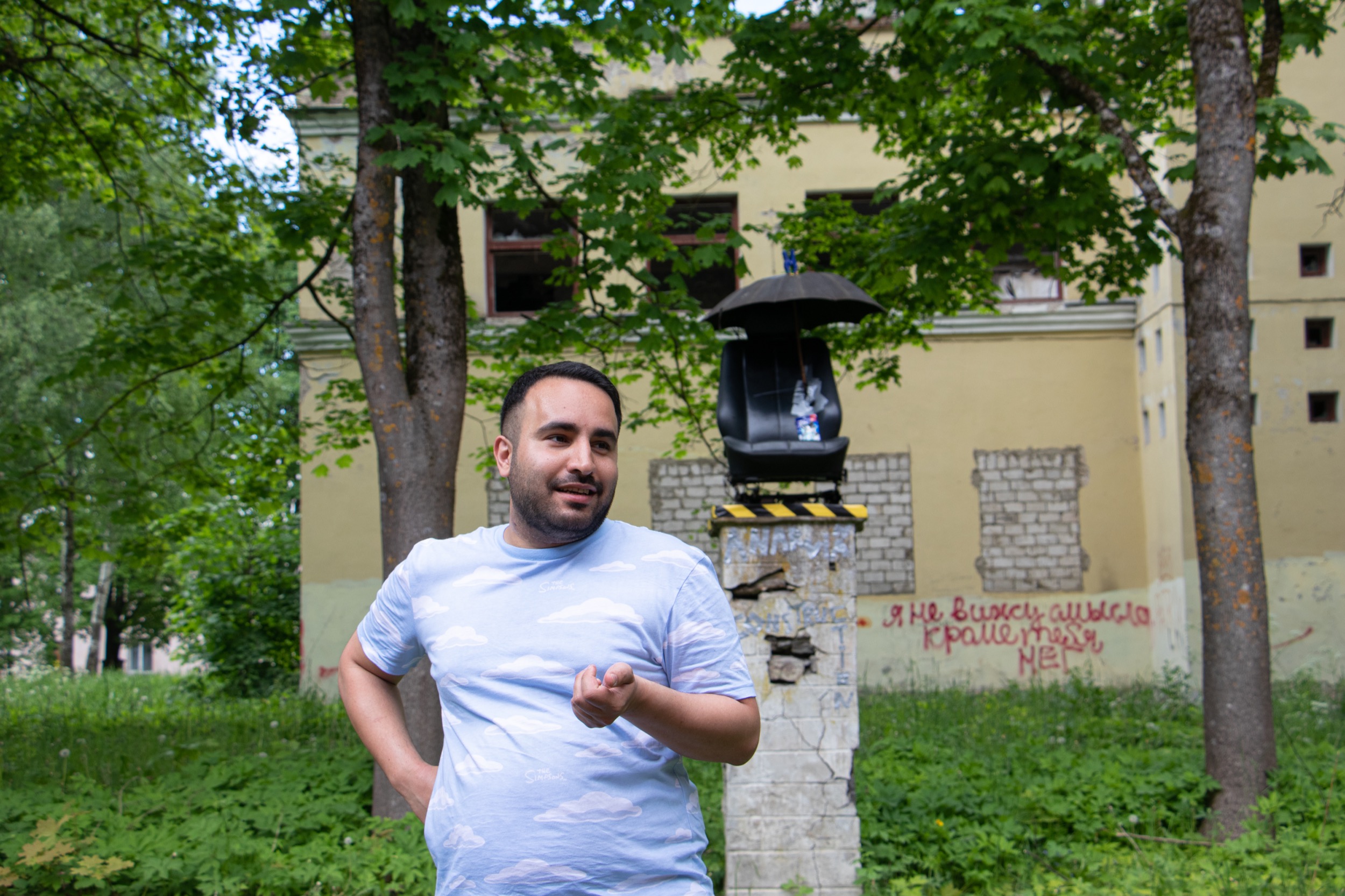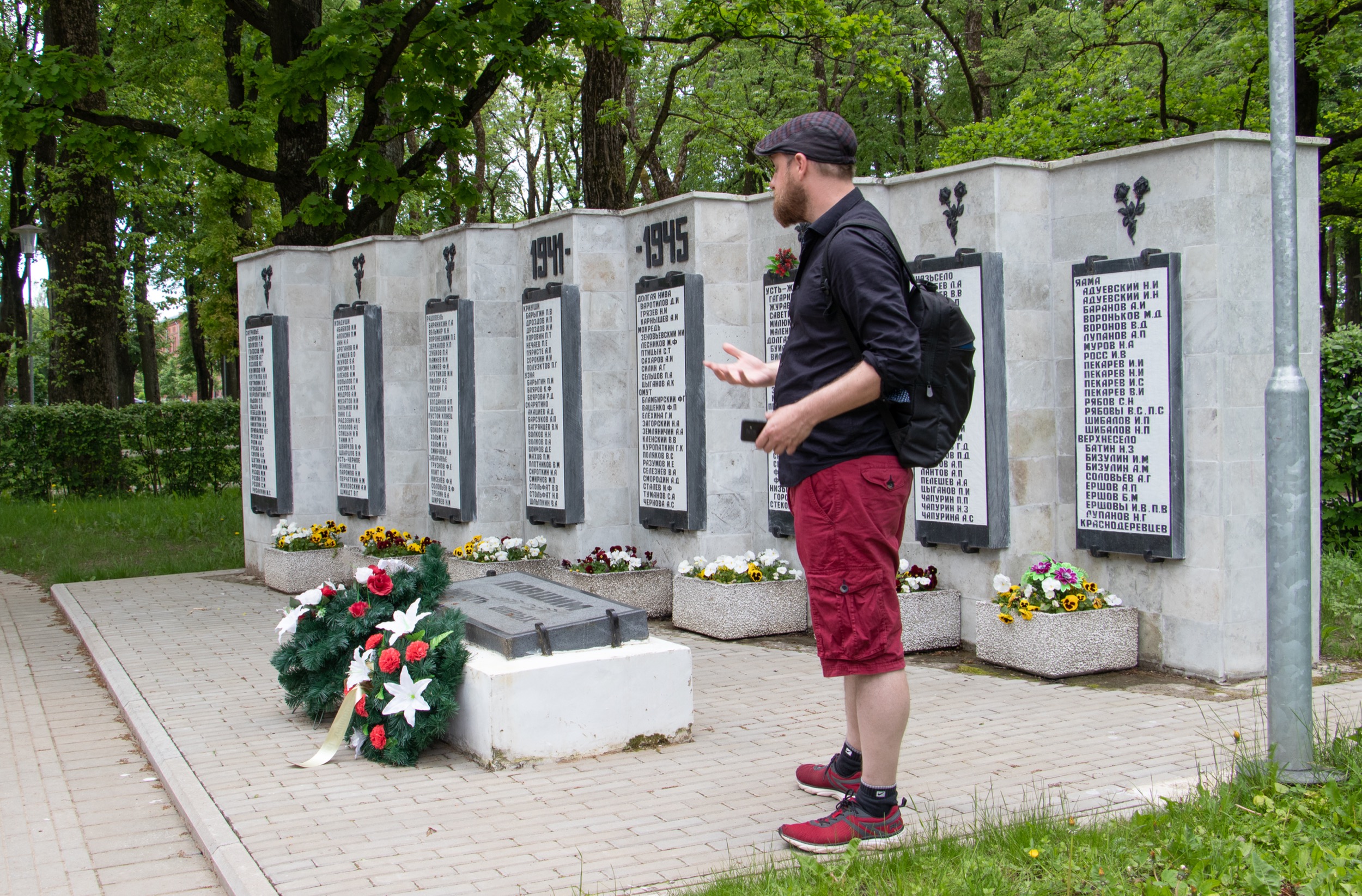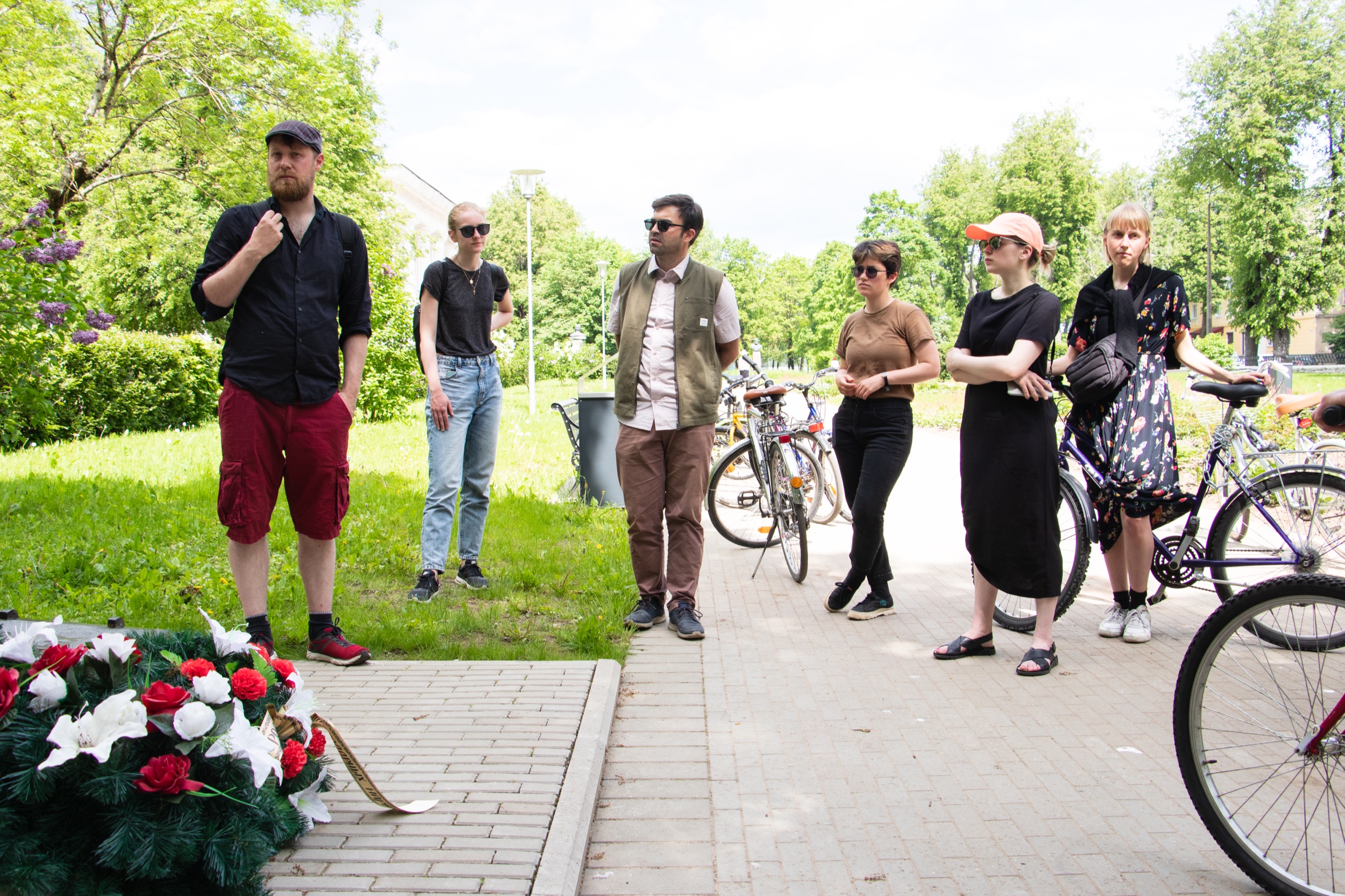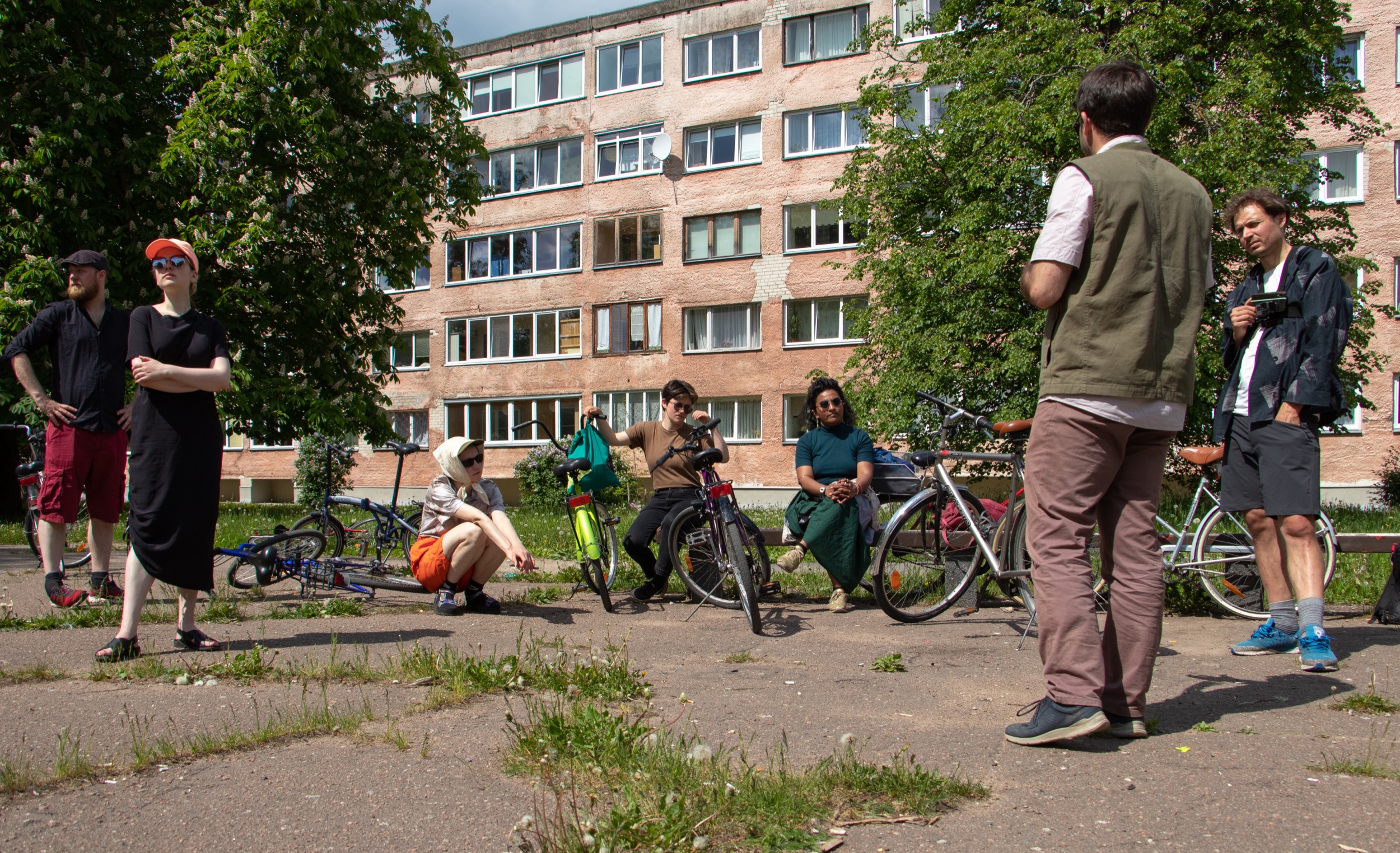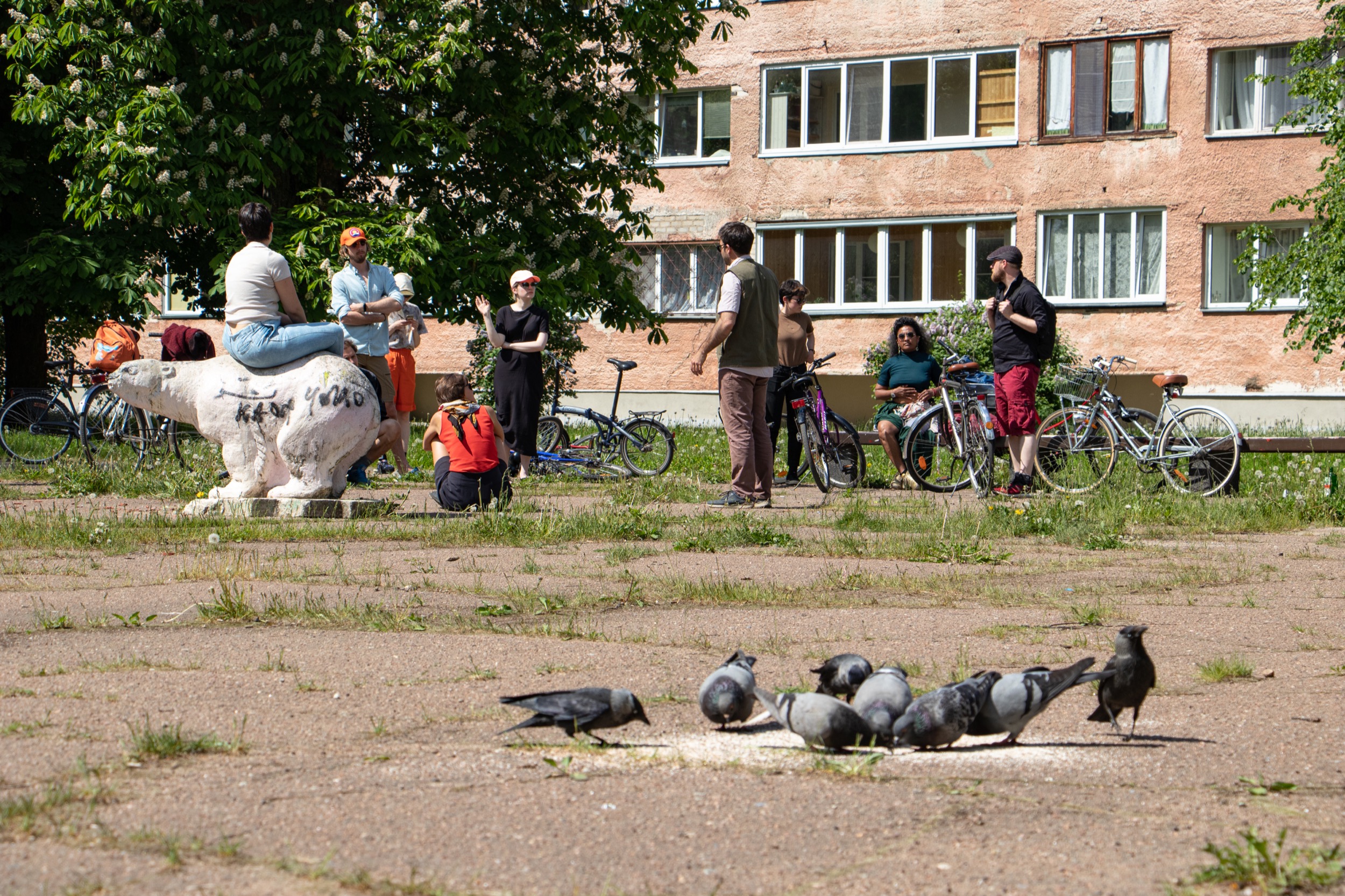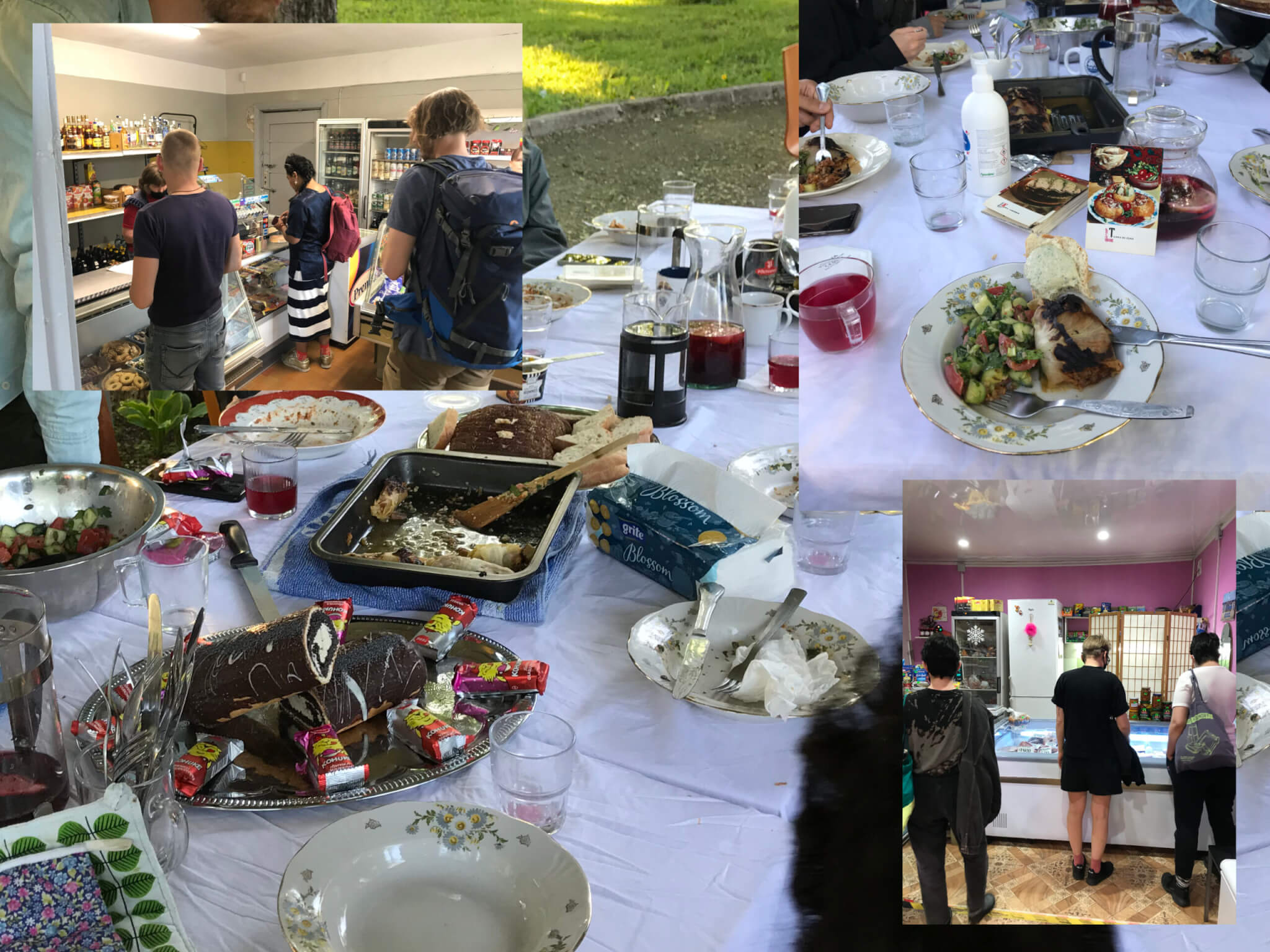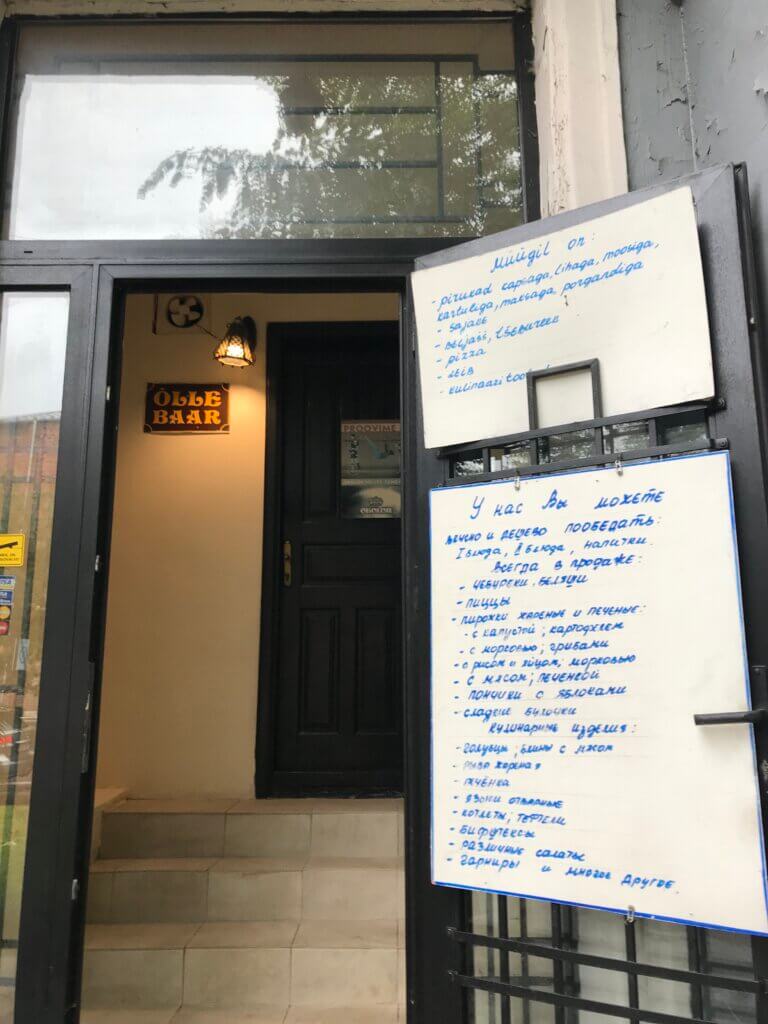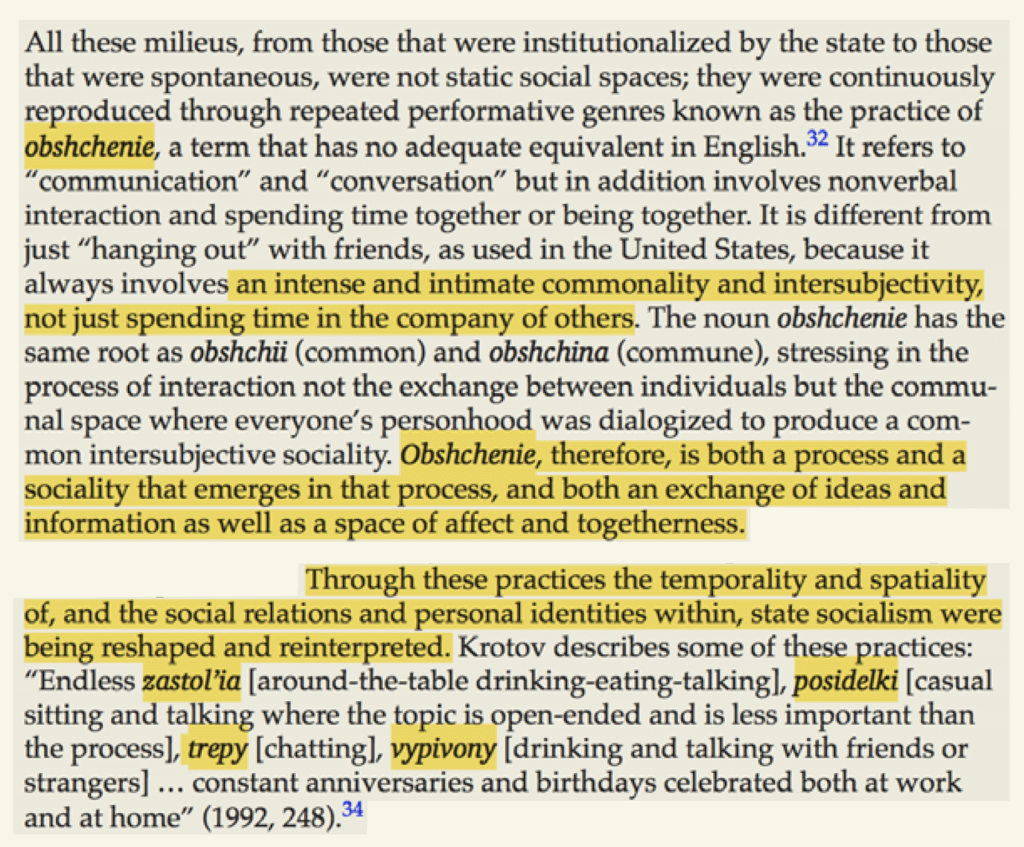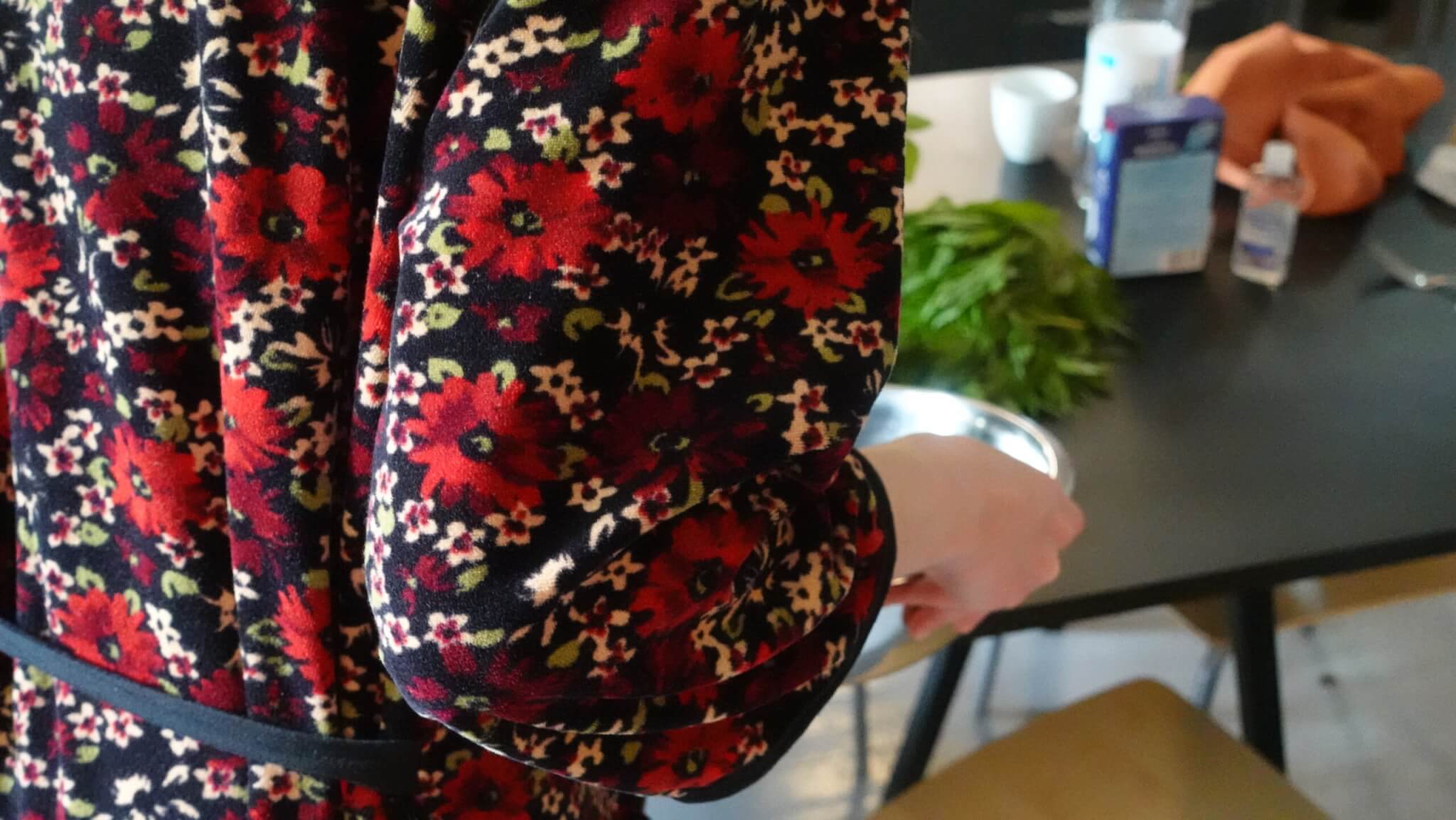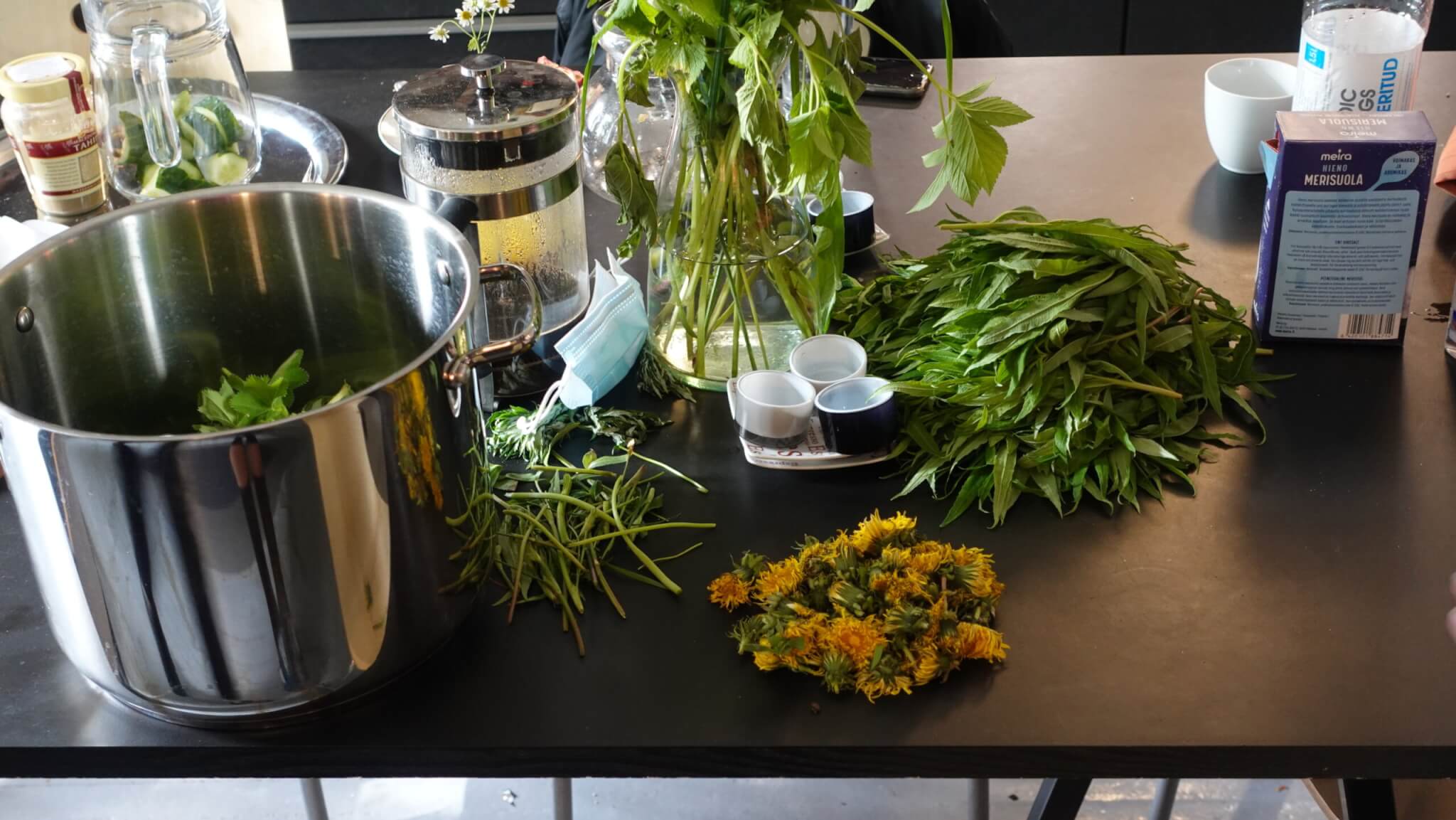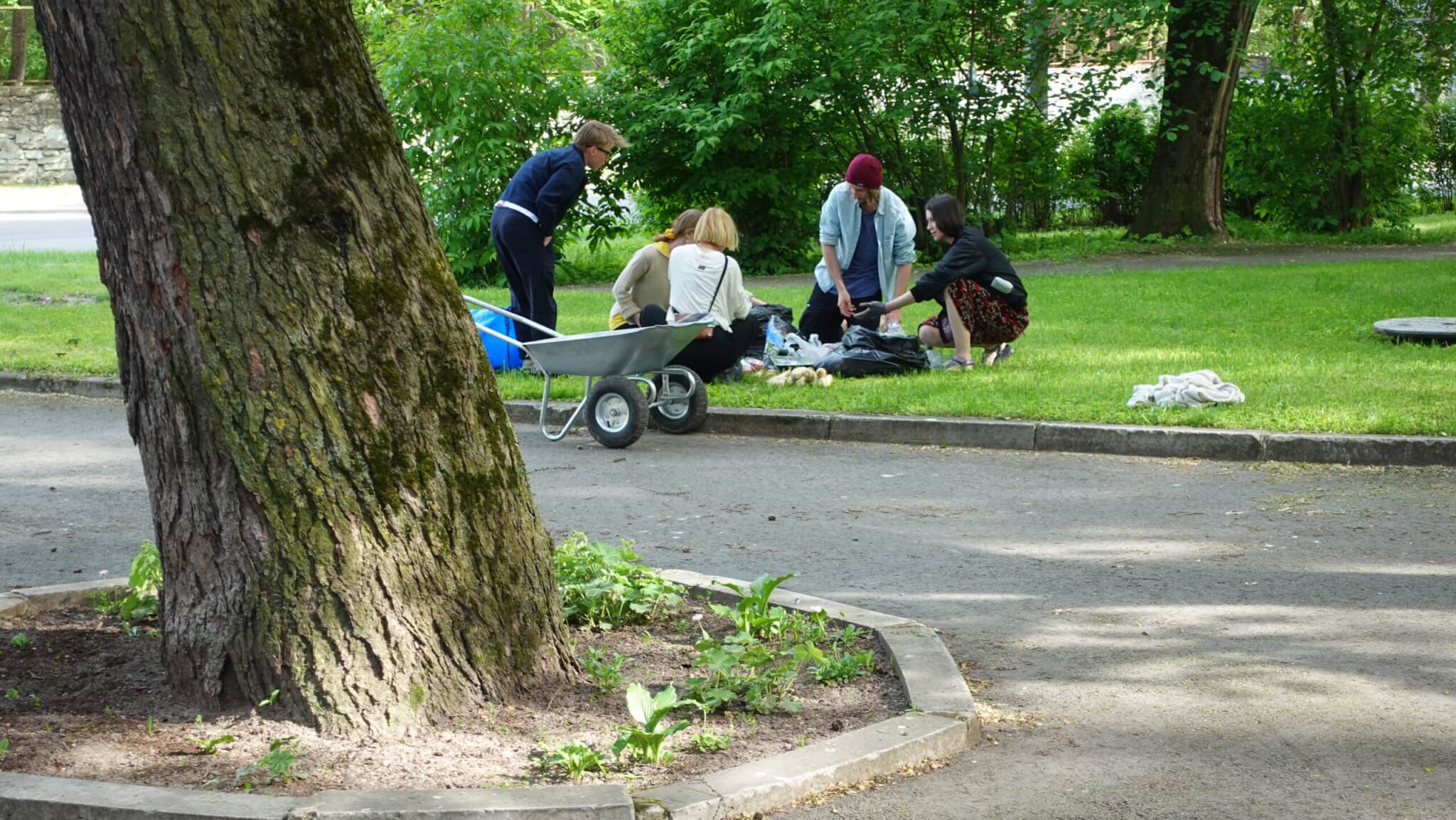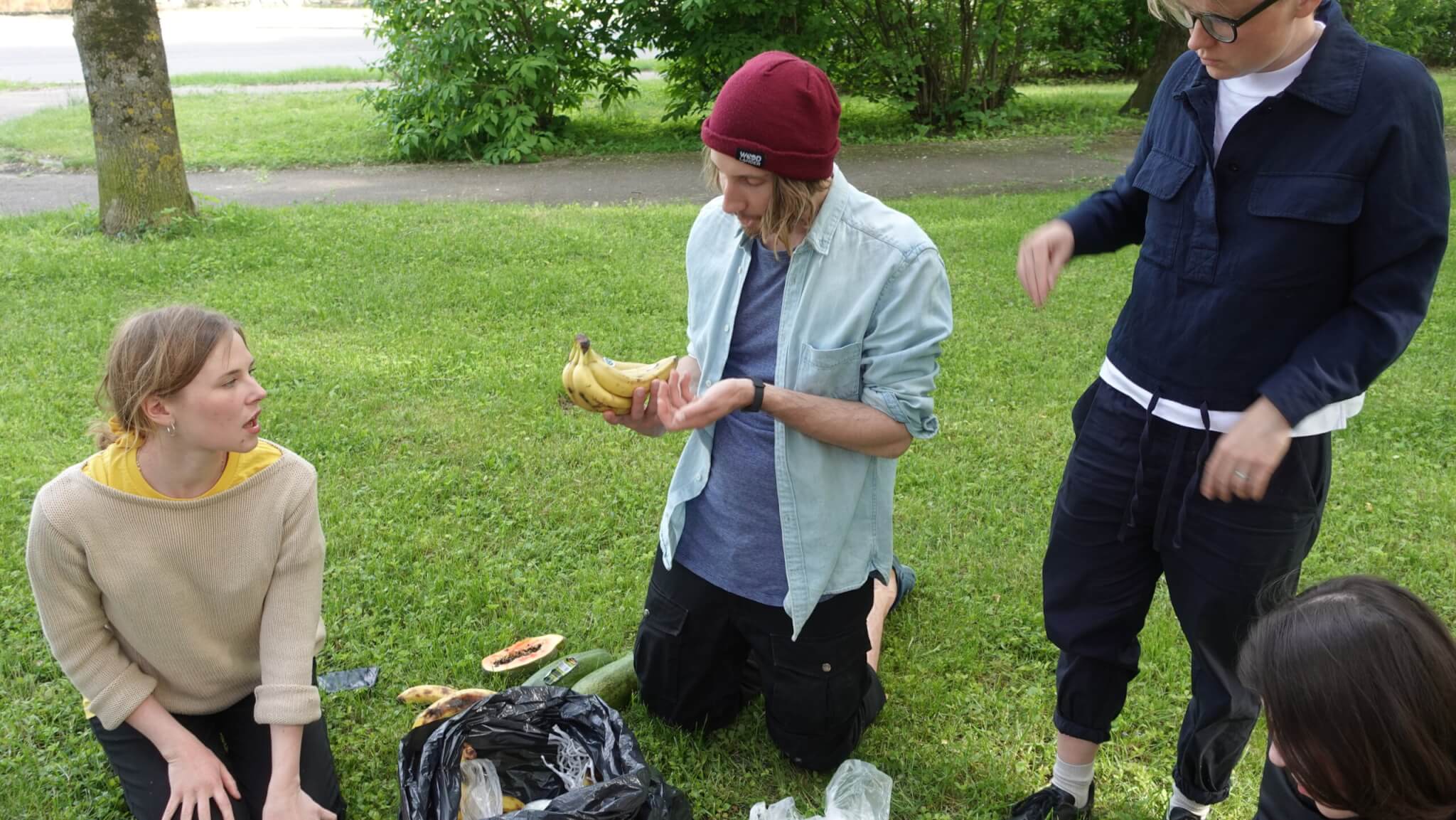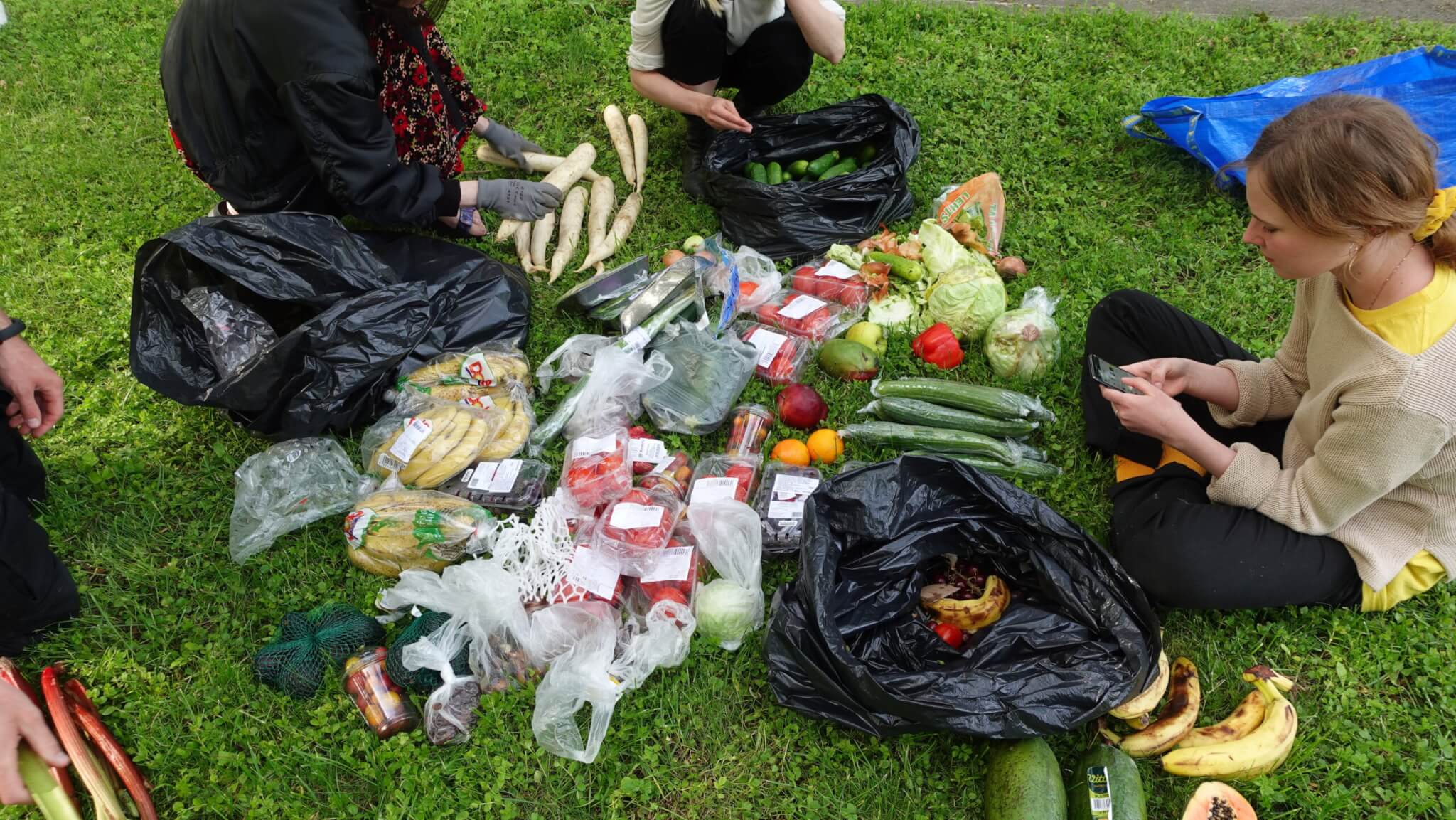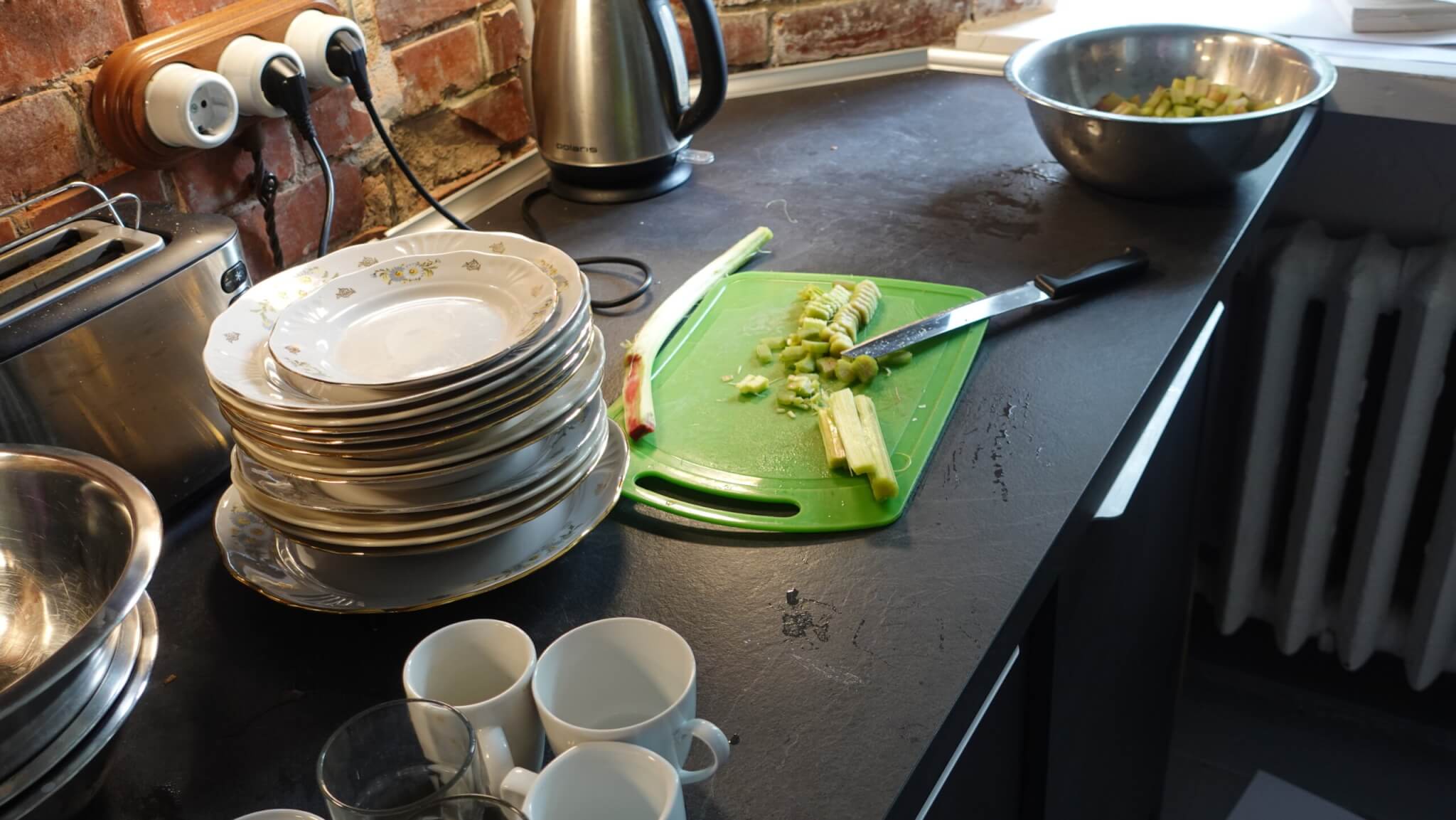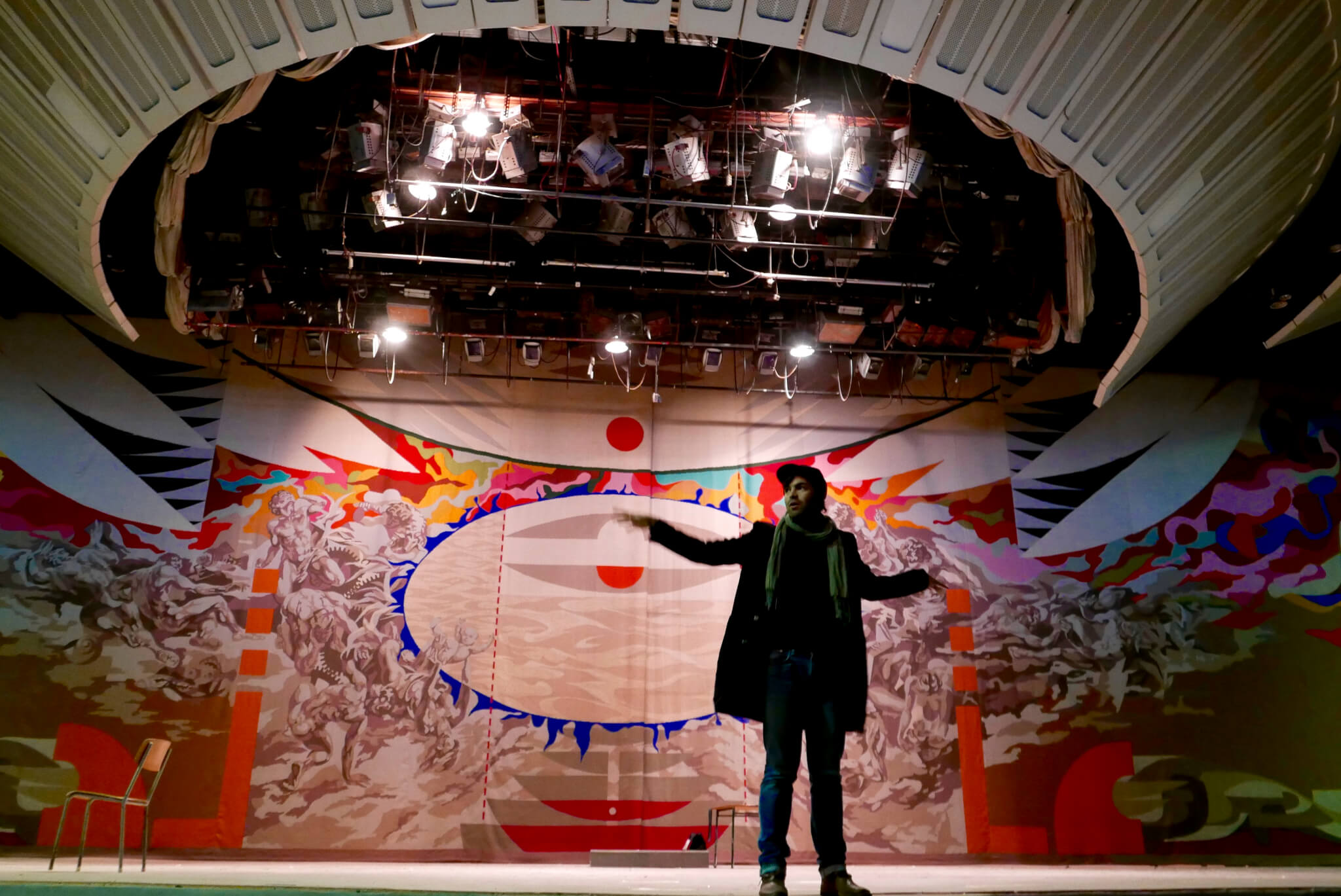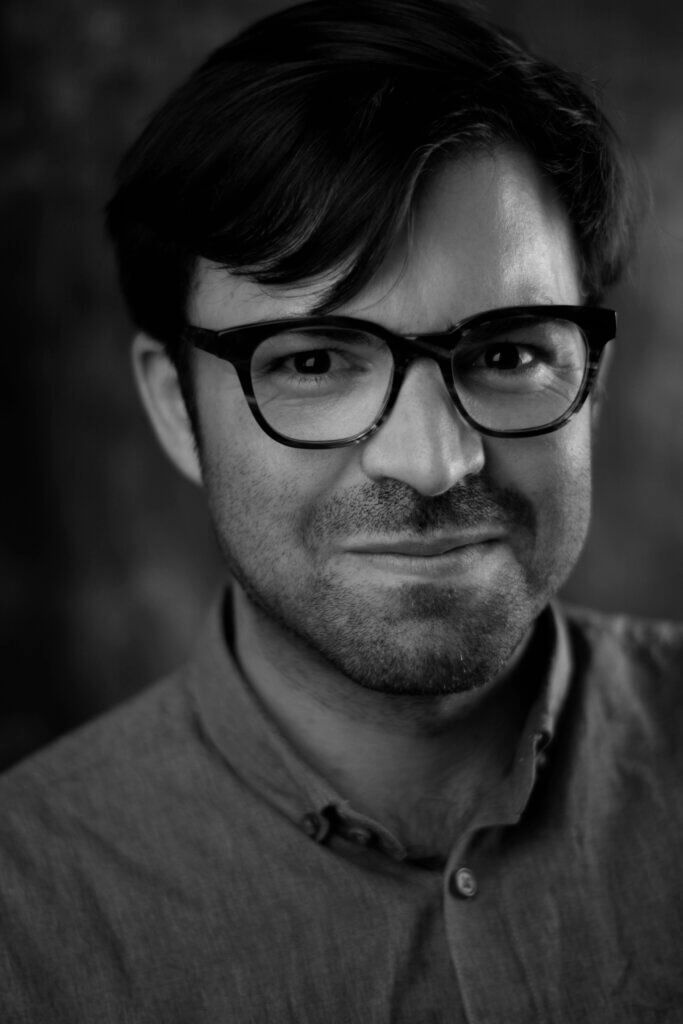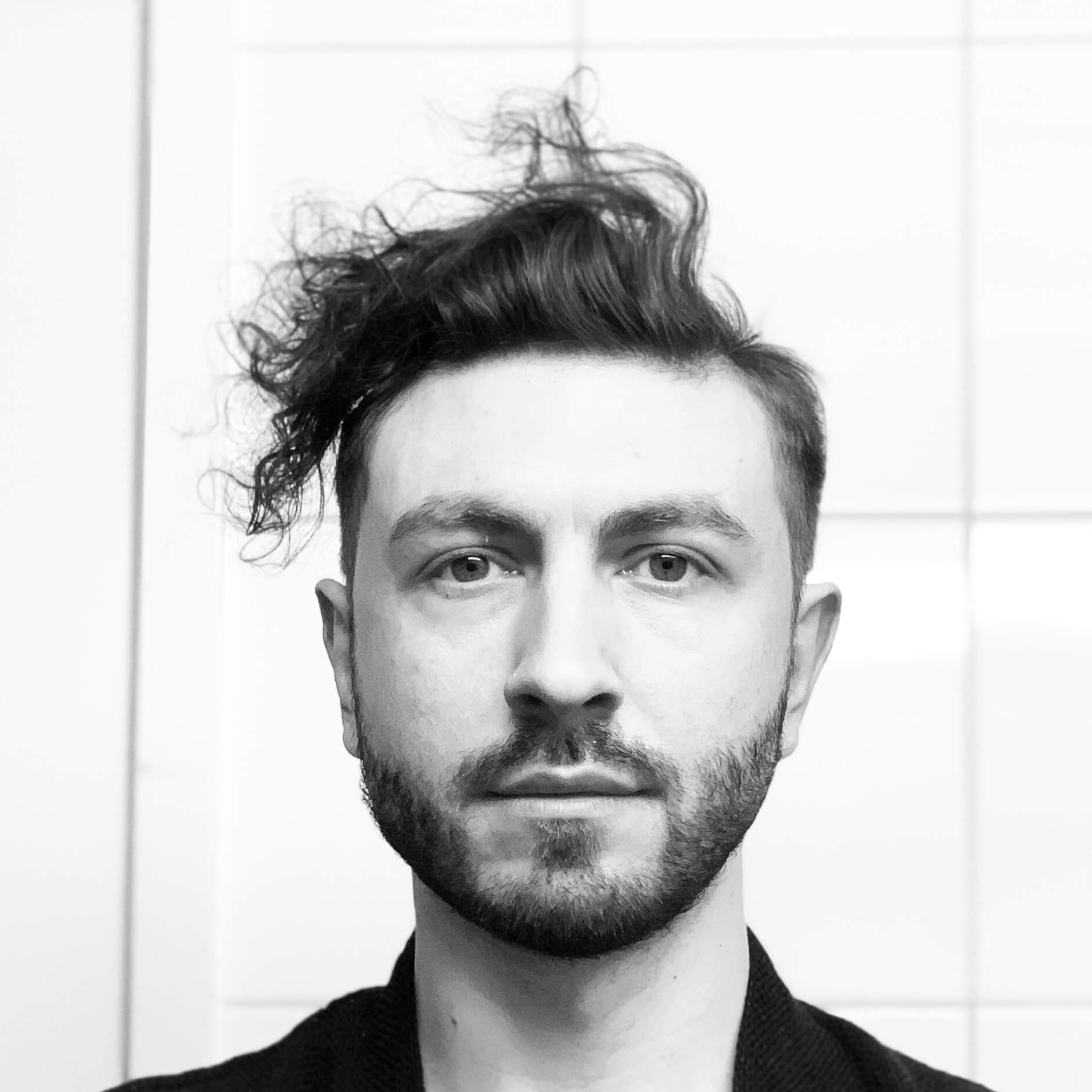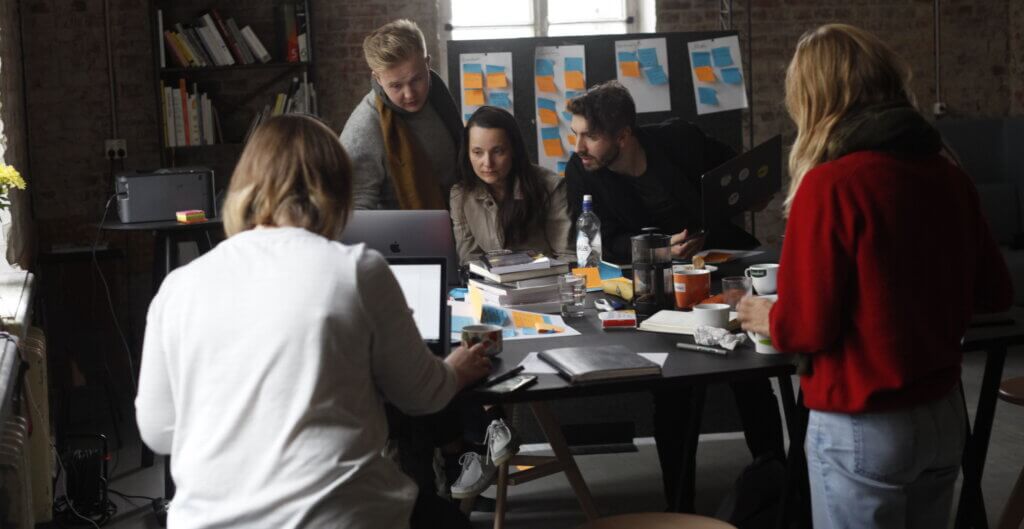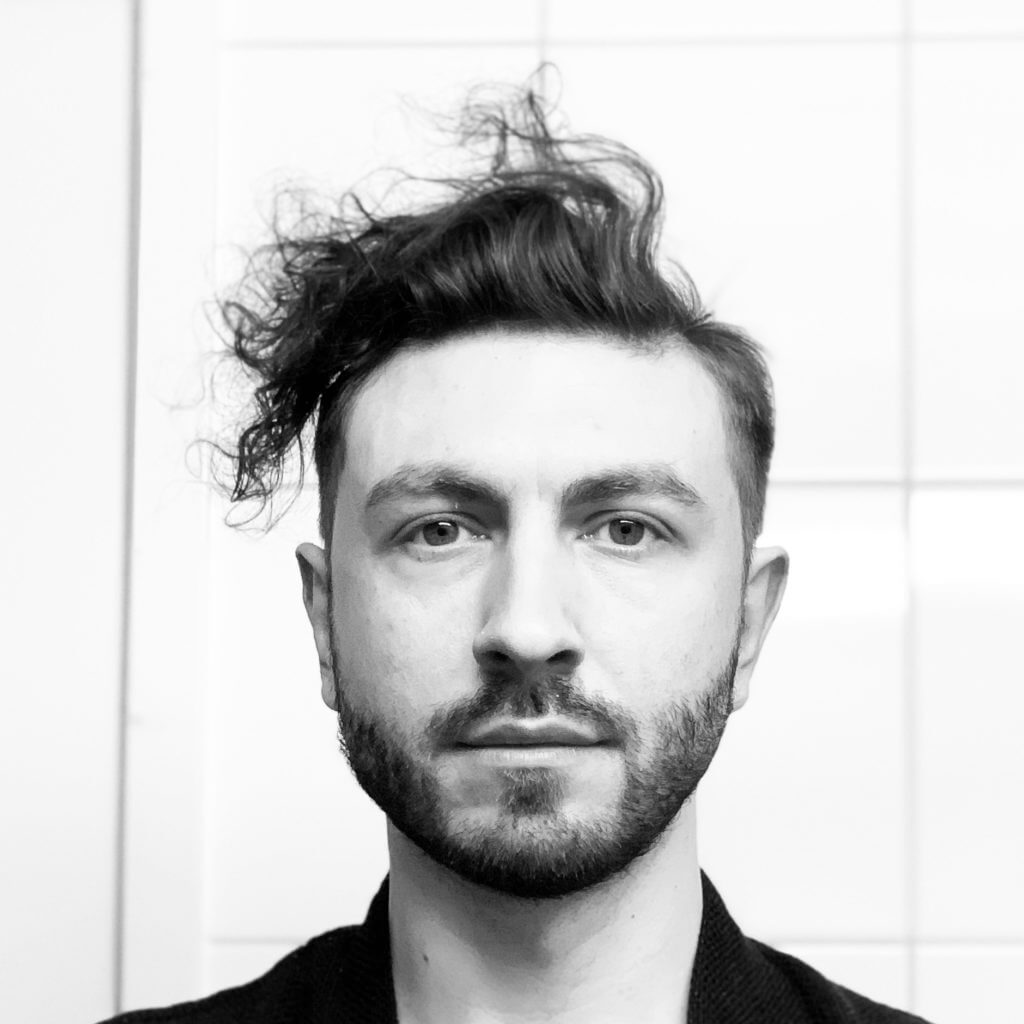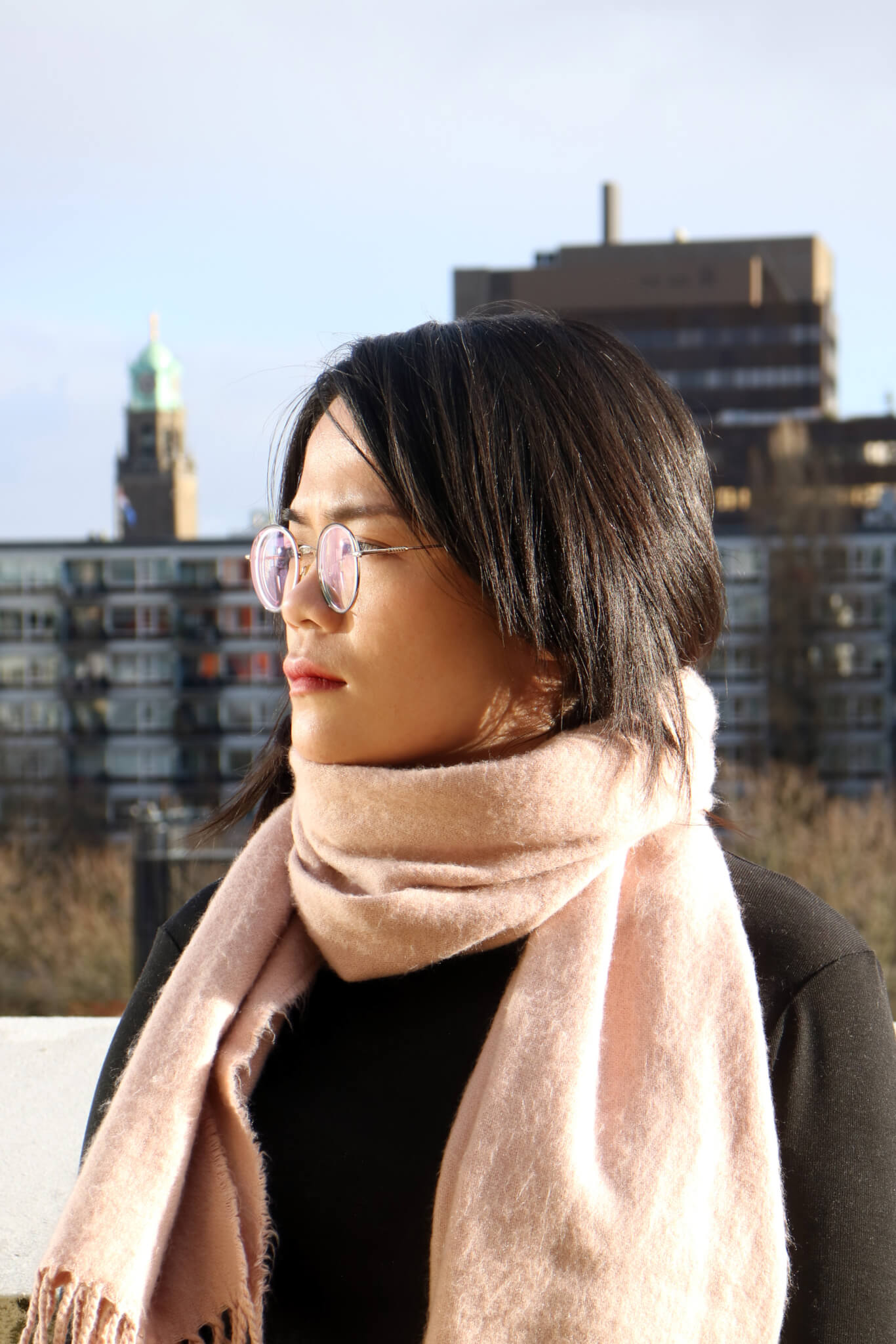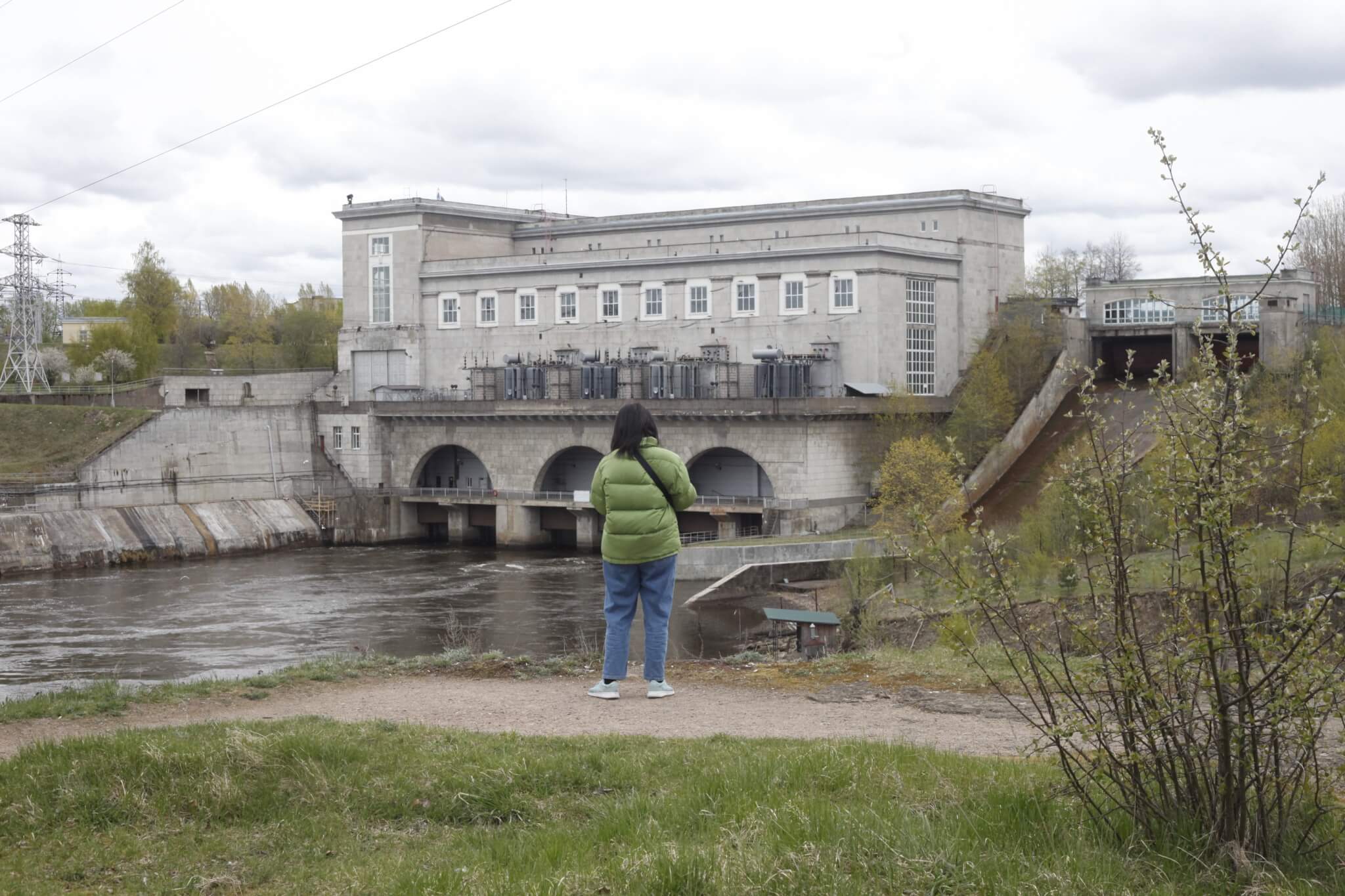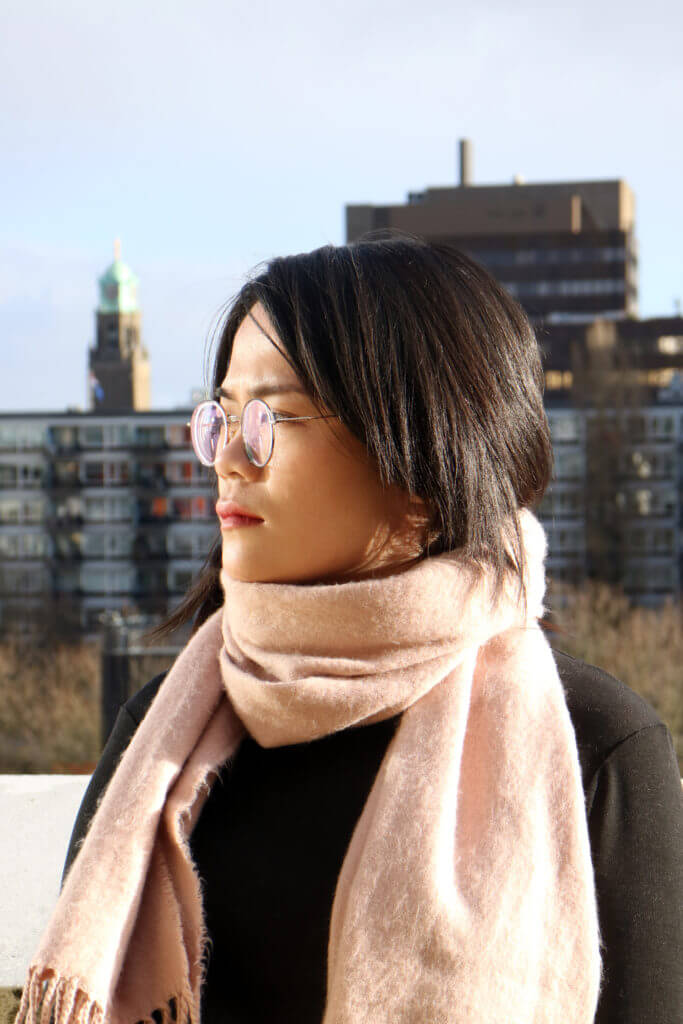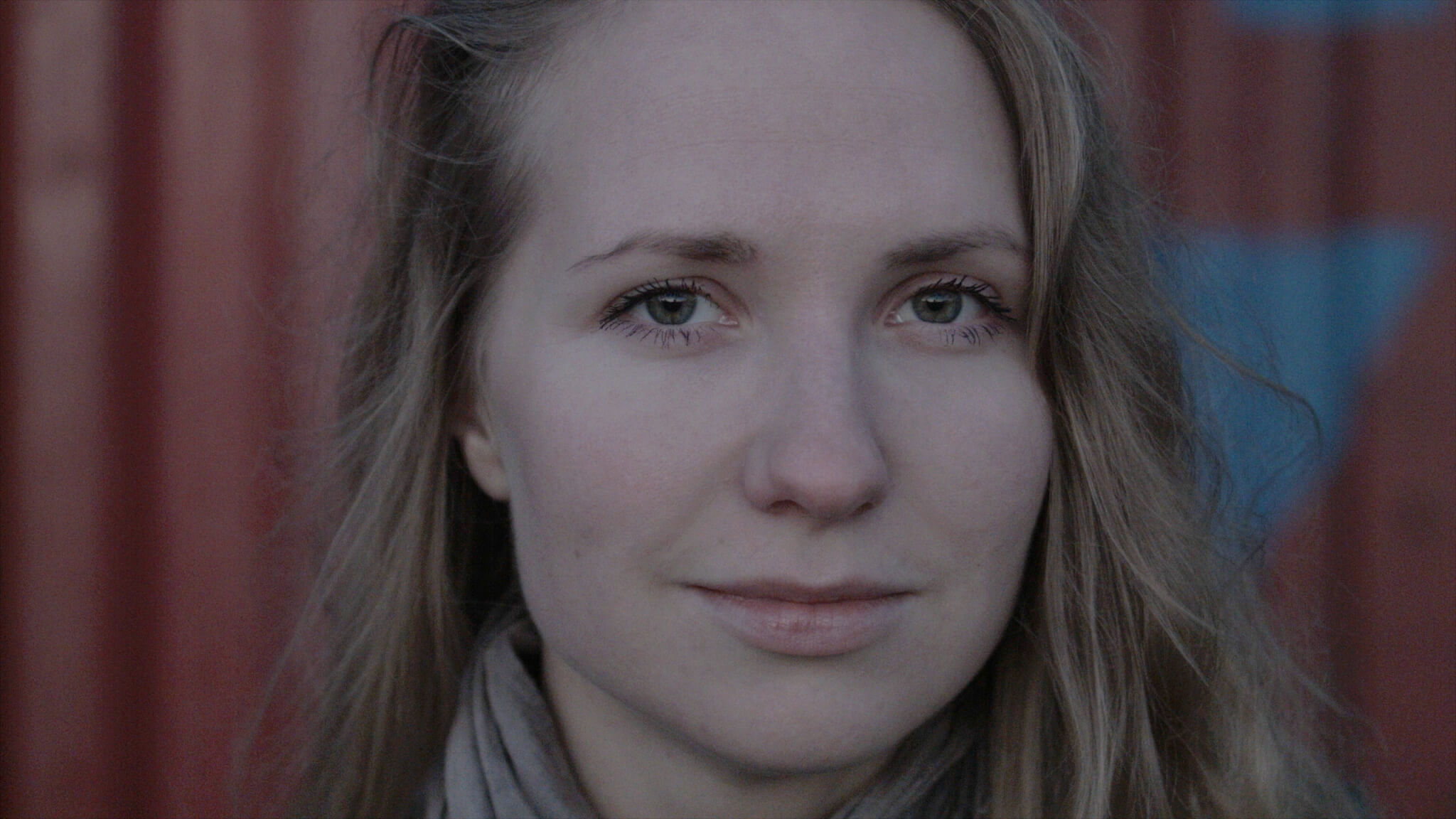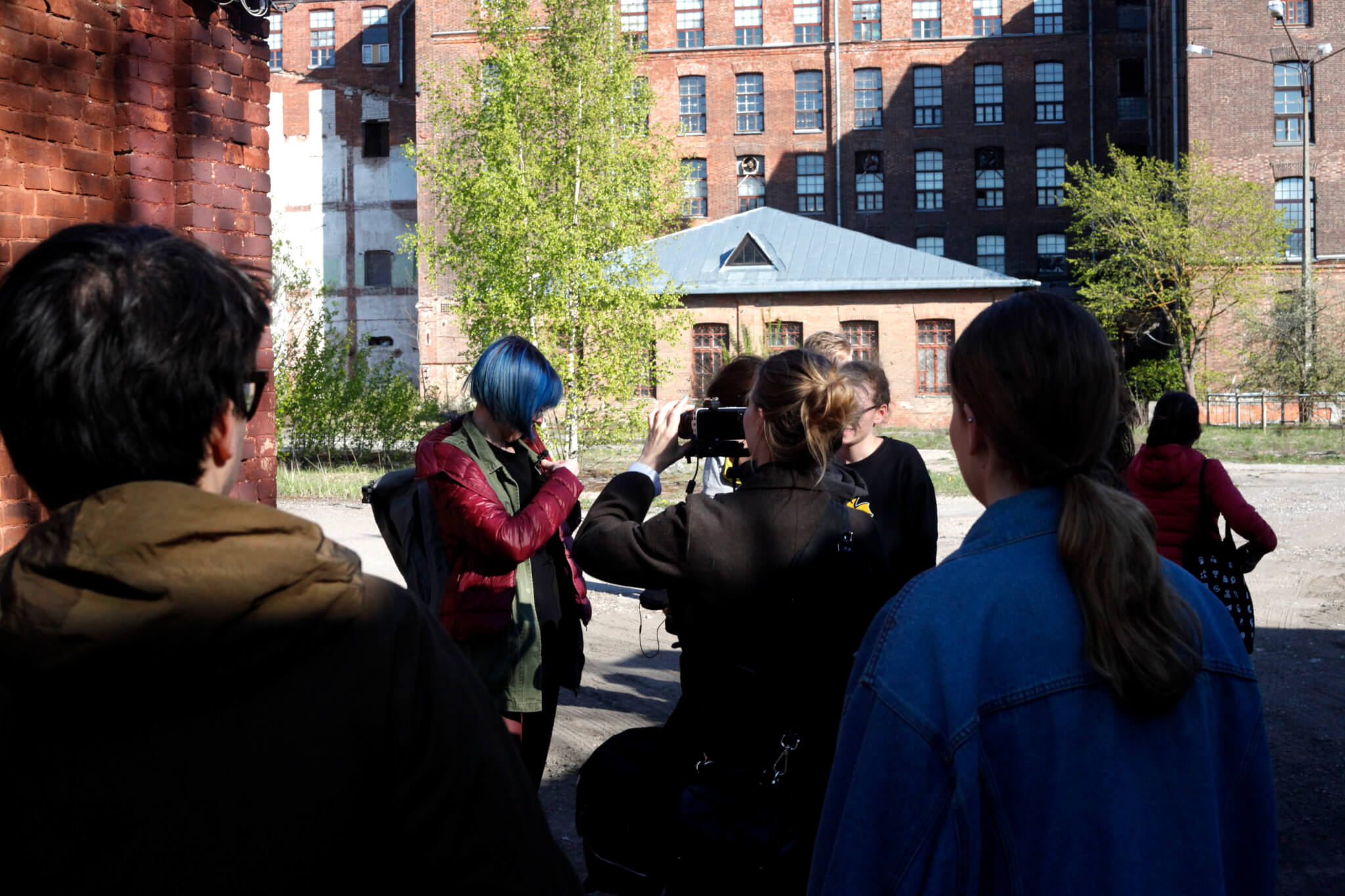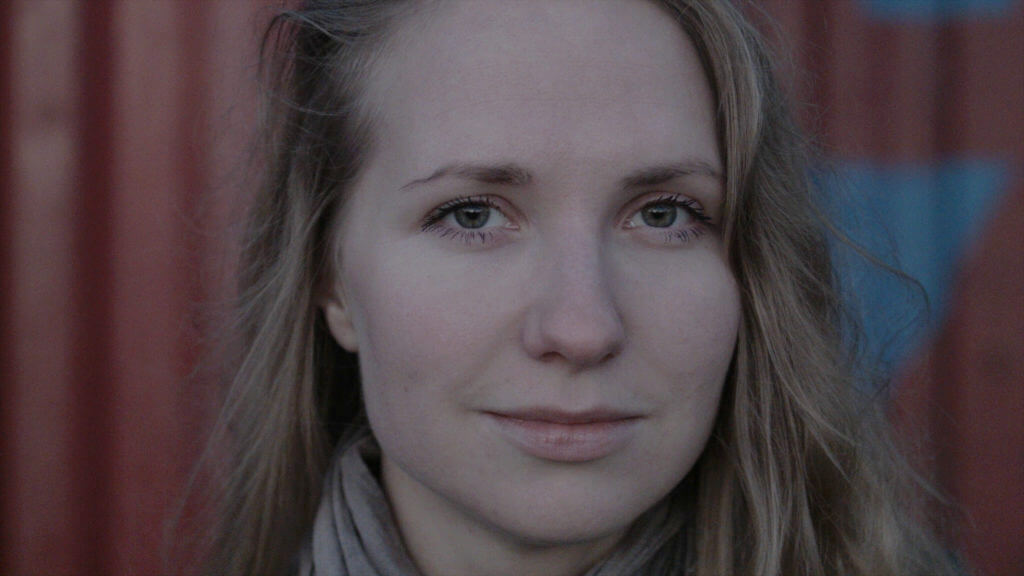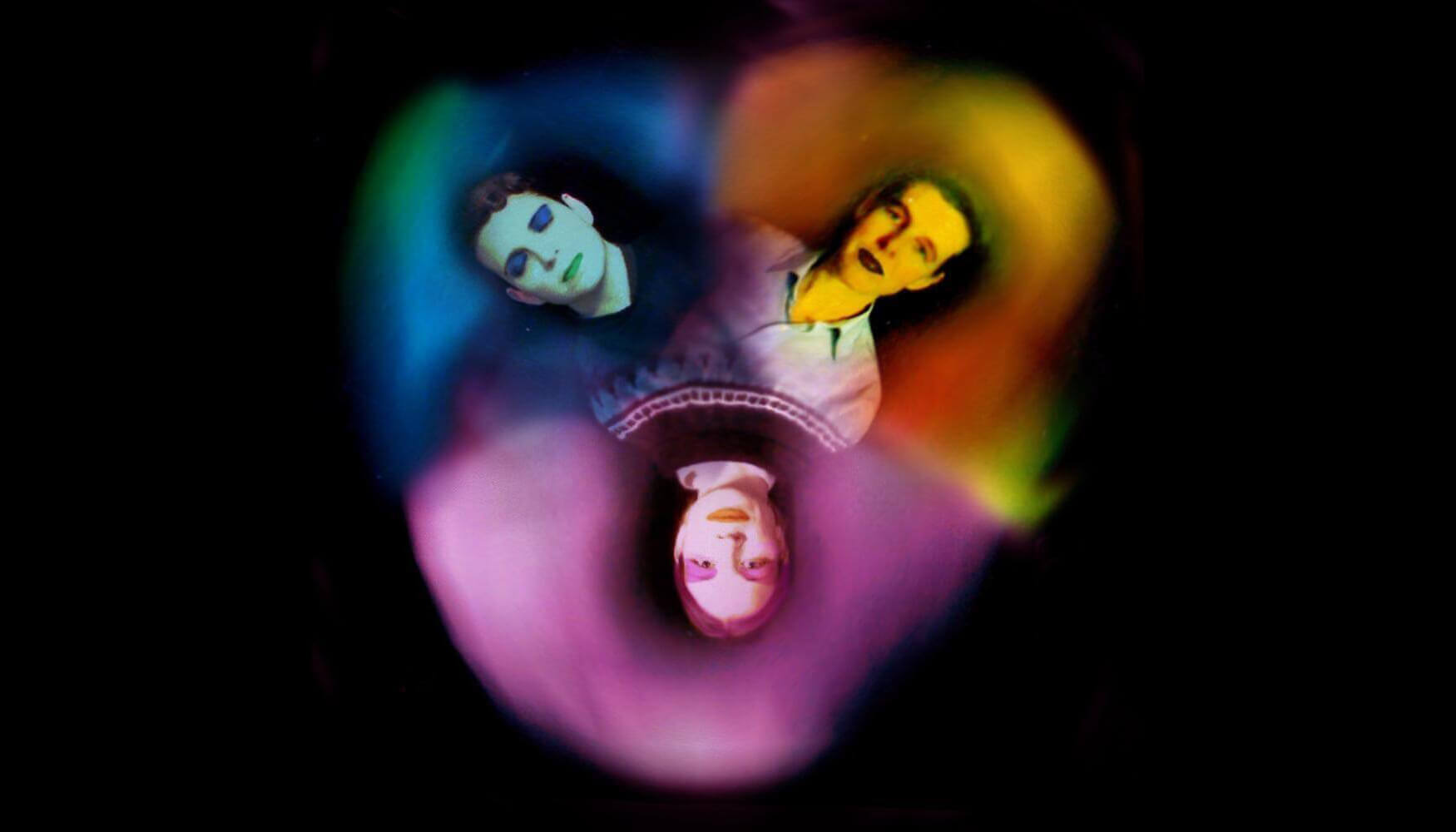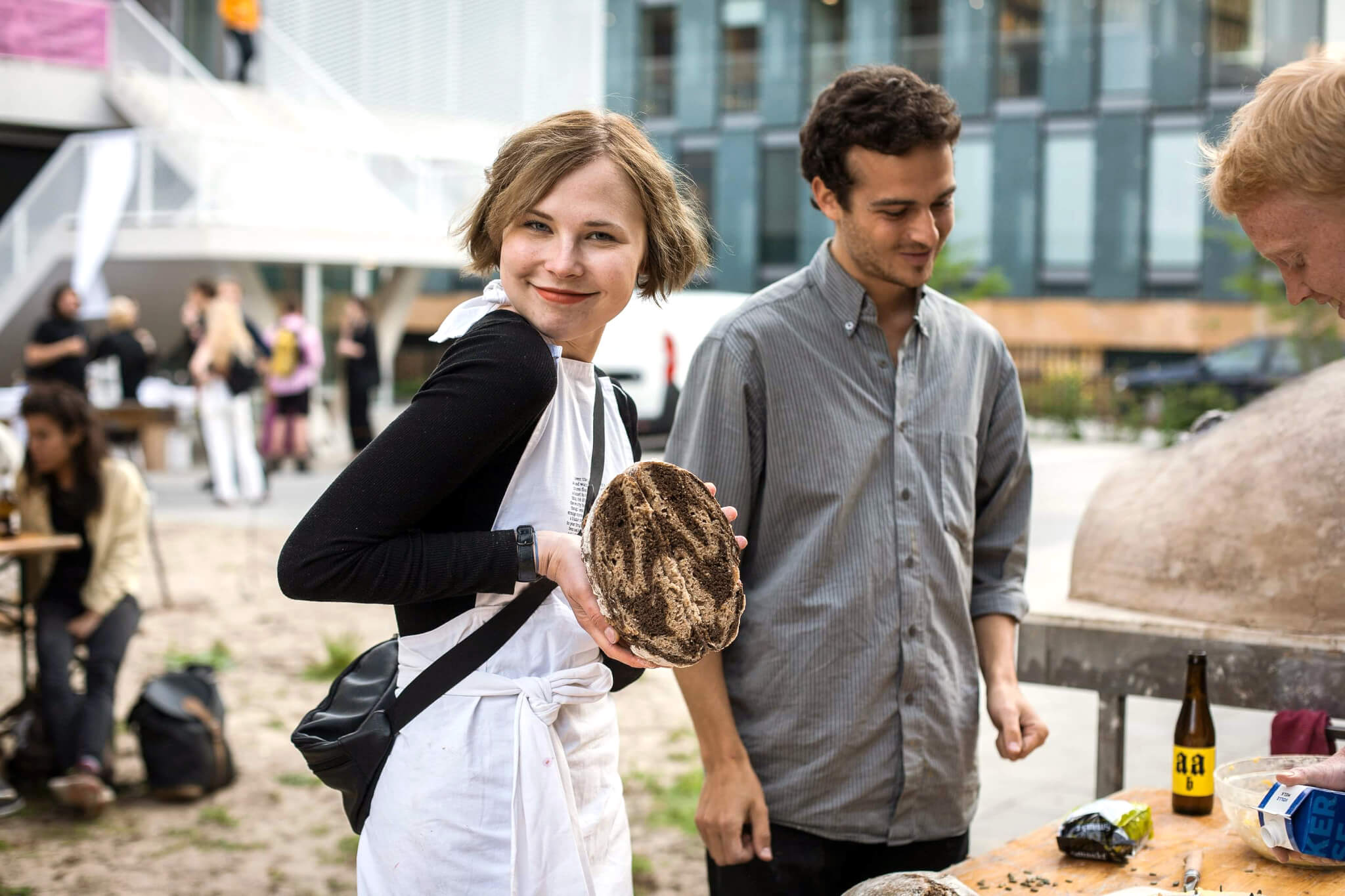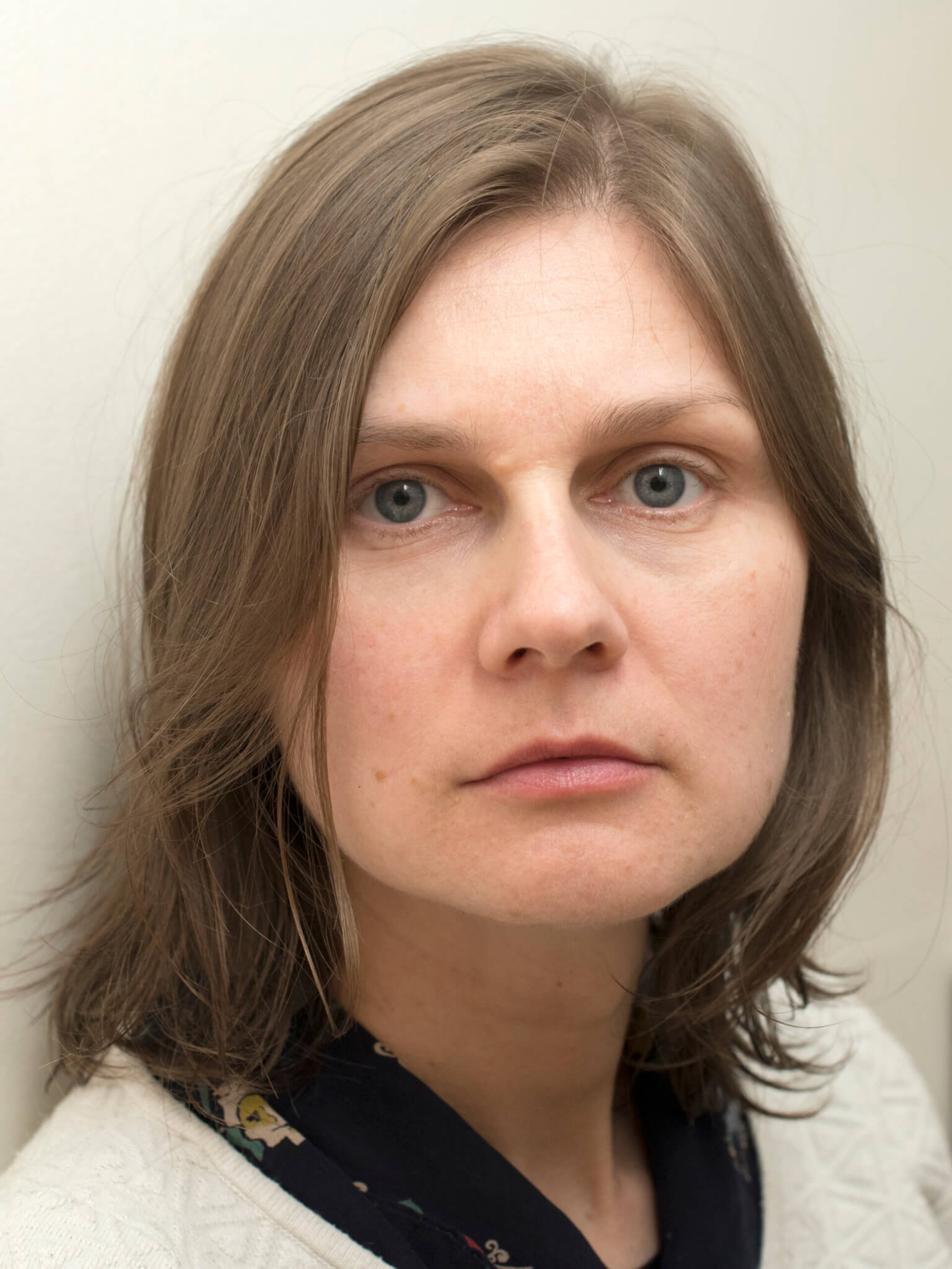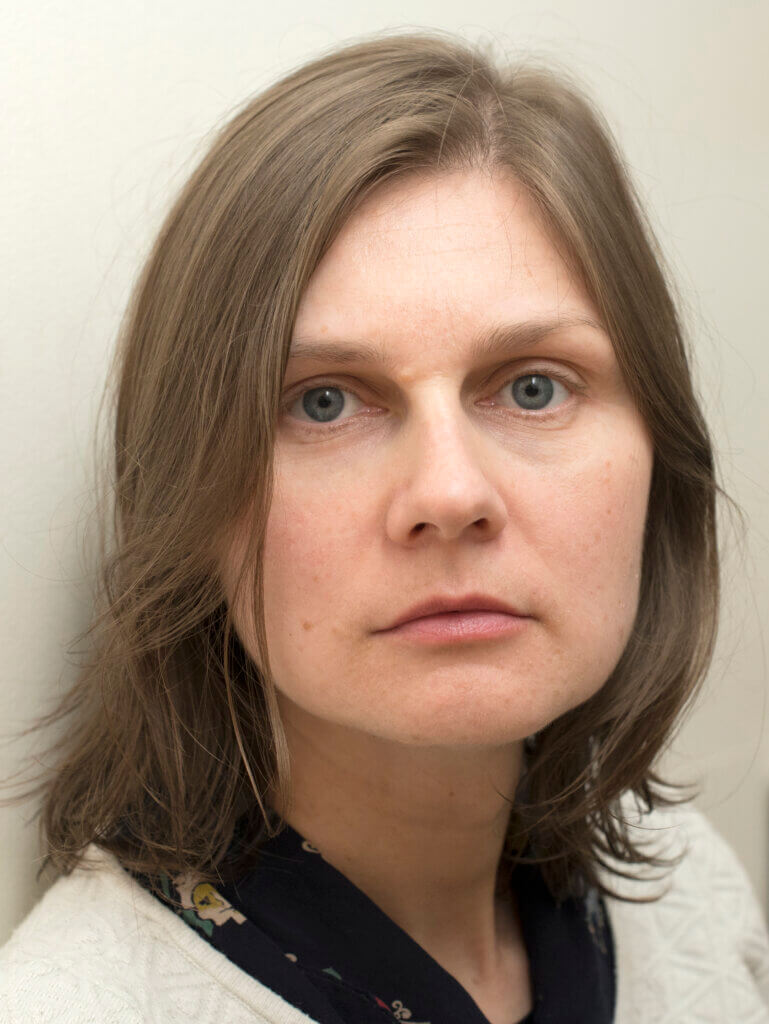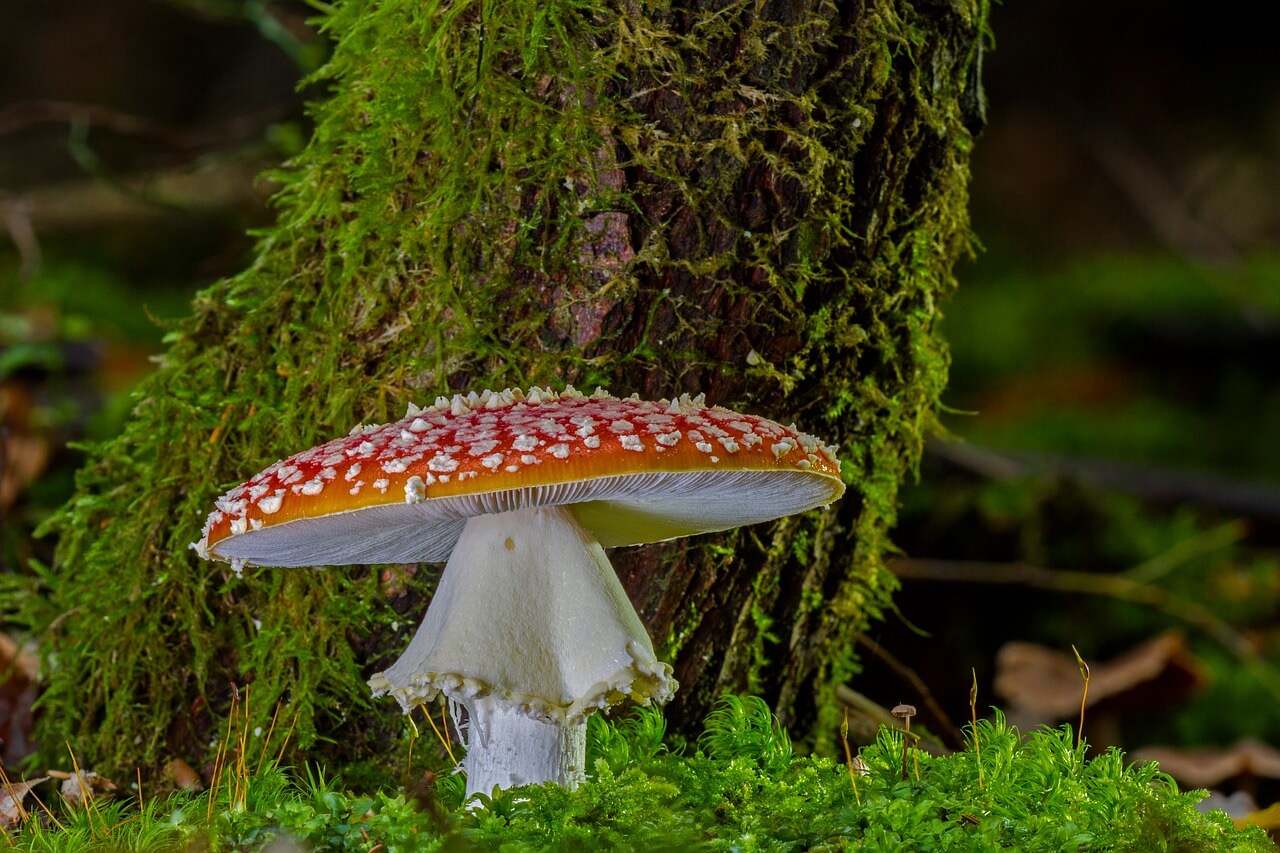Spring School 2021
→ Весенняя Школа 2021
→ Kevadkool 2021
→ Kevätkoulu 2021
Post-Brokenness
Andra Aaloe and Francisco Martínez hosted the workshop ‘Post-Brokenness’ in the (Re)configuring Territories Spring School 2021.
In the Workshop participants studied how personal and collective relationships are sustained in relation to the maintenance and repair of the surrounding environment and opened up a wide range of questions about care-taking, sustainability and the fragility of the worlds we inhabit.
The focus was on Eastern Estonia in general, a region affected by monofunctional Soviet industrialism and continuous demographic decrease and political abandonment of the last decades. There, the overwhelming first impression of brokenness (especially viewed from the West) was contested through a series of in-situ micro-ethnographies, where participants were asked to pay attention to the multiple practices and material interventions that establish socio-material stability and maintain our life-worlds as we know them.
By post-brokenness, we thus meant to a condition in which recovery has not been achieved, yet many things continue to go on in the meantime – including care and suturing practices. With a practical-research oriented ethos, the programme combined lectures and reading seminars with multimodal forms of fieldwork techniques – meeting locals and elaborating a final individual project presented on a chosen site of Narva.
Archaeology of Postsocialist Narva tour
On Saturday morning (June 5), participants of the Post-brokenness workshop presented their independent work. They were asked to wear the hat of a future archaeologist and identify a site, a thing, or material trace that could remain 30 years ahead and holds a representative power of the postsocialist condition. In their site-specific presentation, they introduced the selected object individually and explained how it might look like in 2051, as well as possible tournaments of value in the meantime. The exercise combined an ambition to understand and document recent changes in the city of Narva with a speculative, conceptual gesture. The public presentation in a form of a cycling tour started at the Narva Art Residency.
Tour participants: Triin Kampus, Andres Lutz, Farbod Fakharzadeh, Michael Cole, Andra Aaloe & Francisco Martínez.
Spring School Mentors
→ Весенняя Школа
→ Kevadkool
→ Kevätkoulun mentorit
(Re)configuring Territories Talks
→ Доклады на (Пере)осмыслении территорий
→ (Re)configuring Territories vestlusring
→ (Re)configuring Territories -keskustelut
